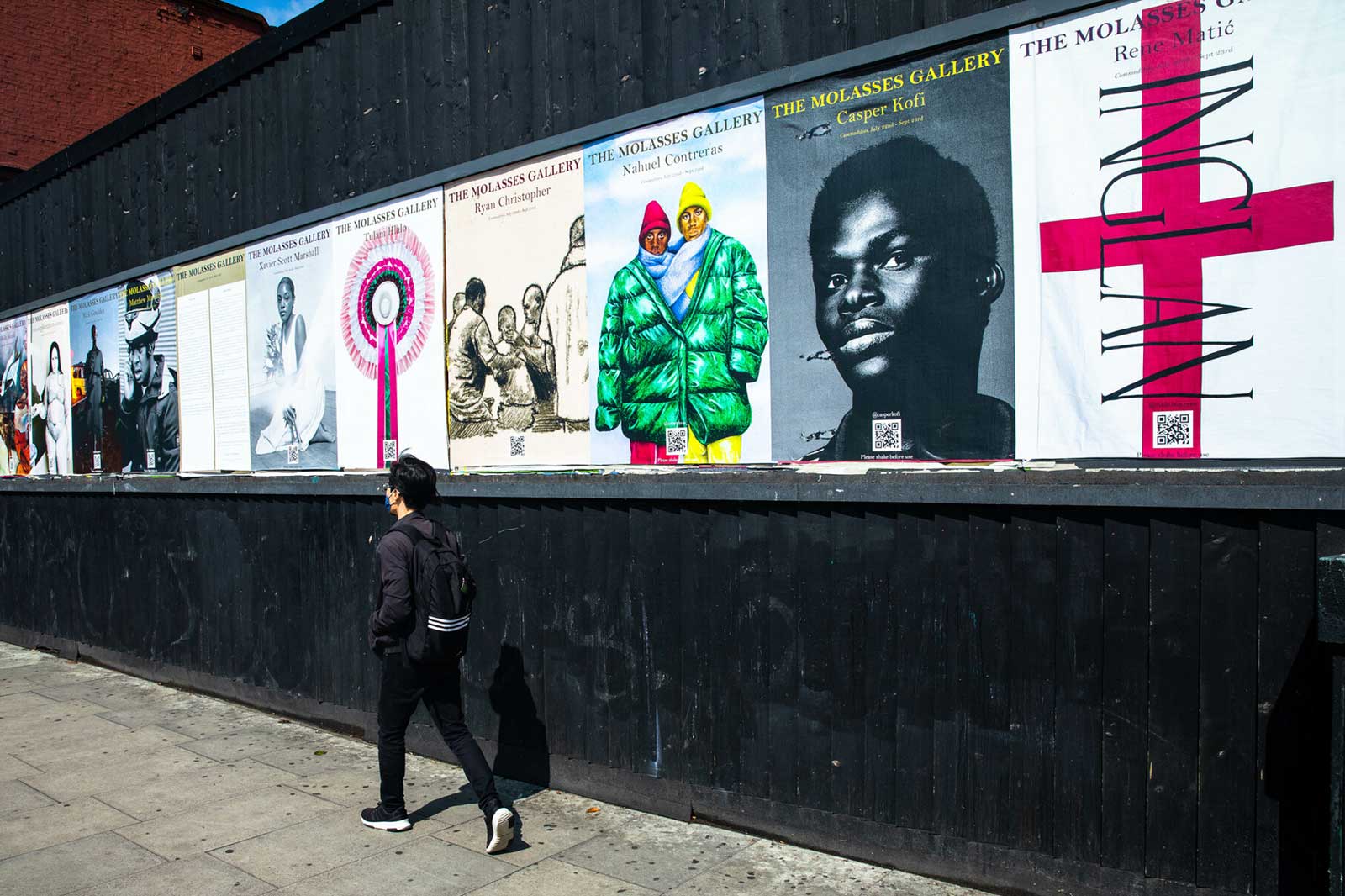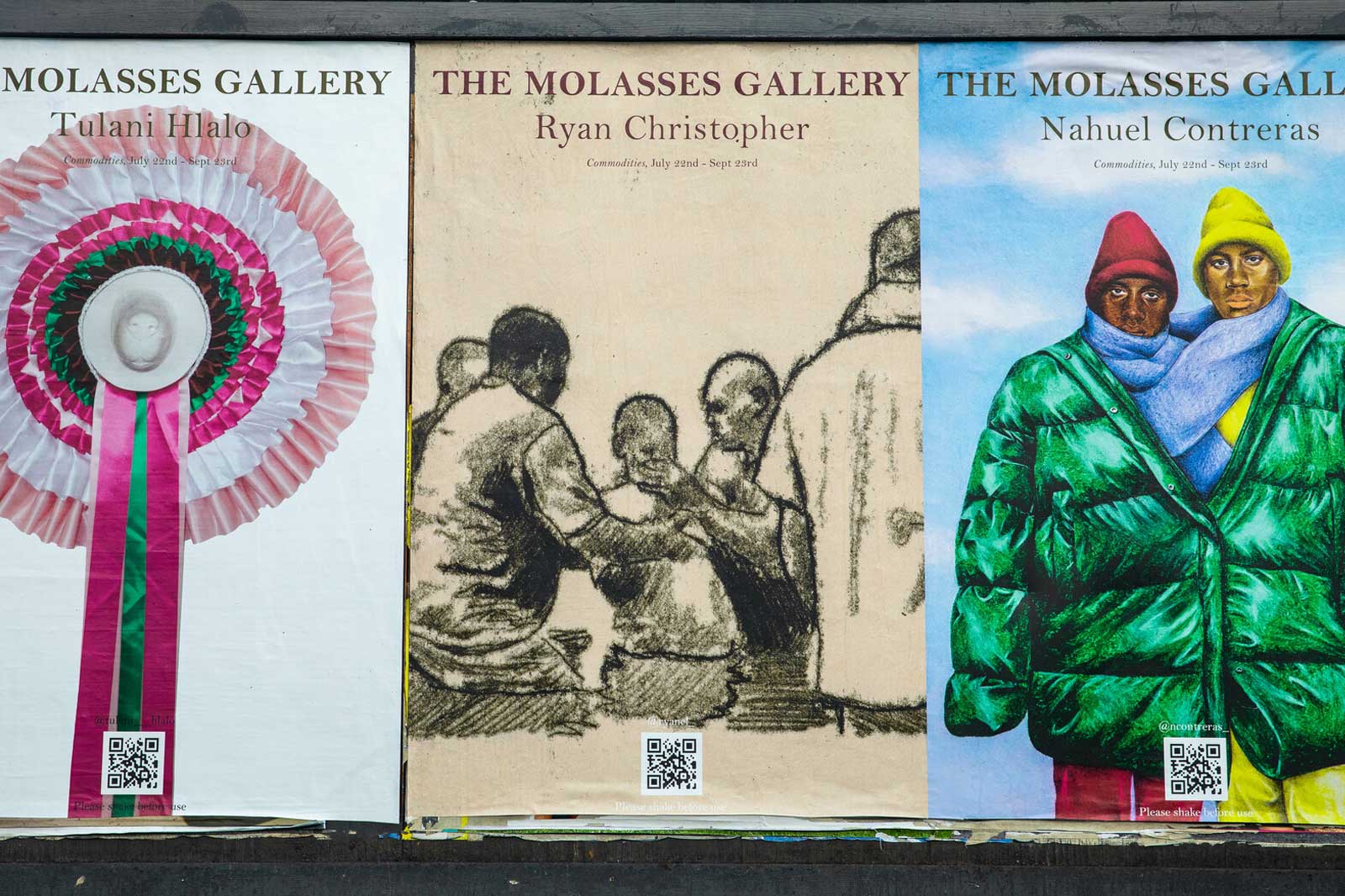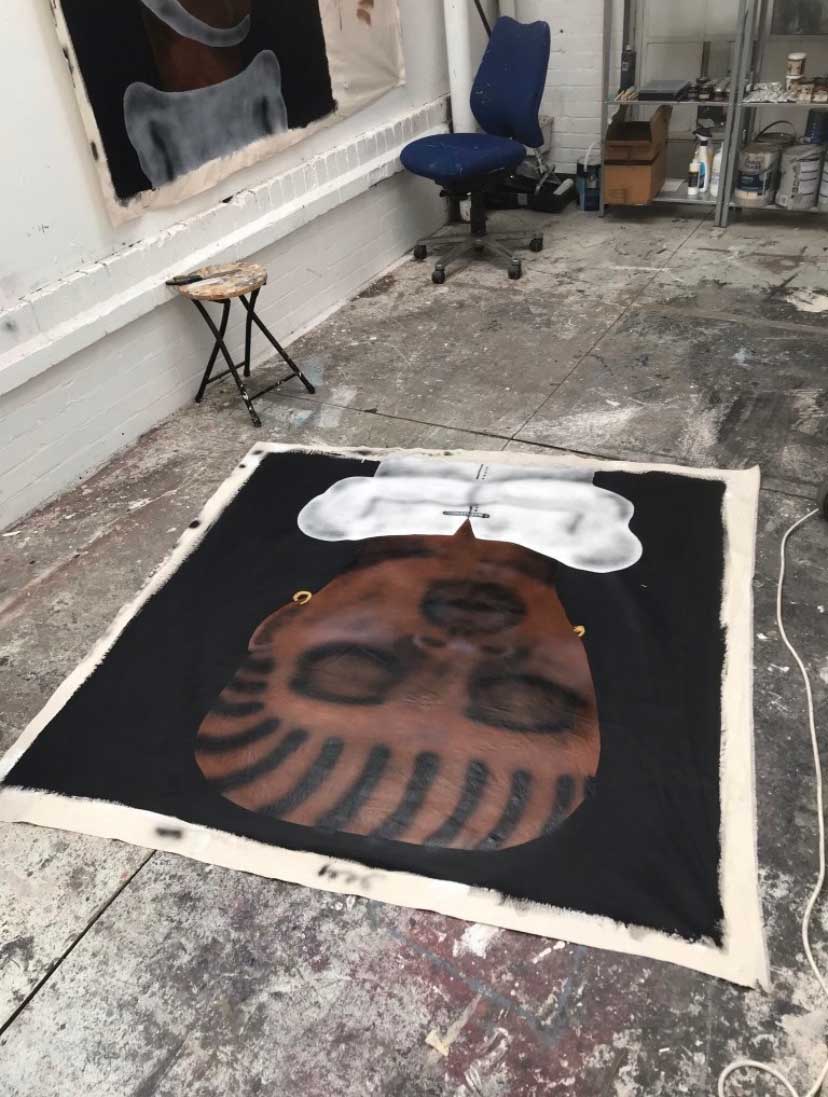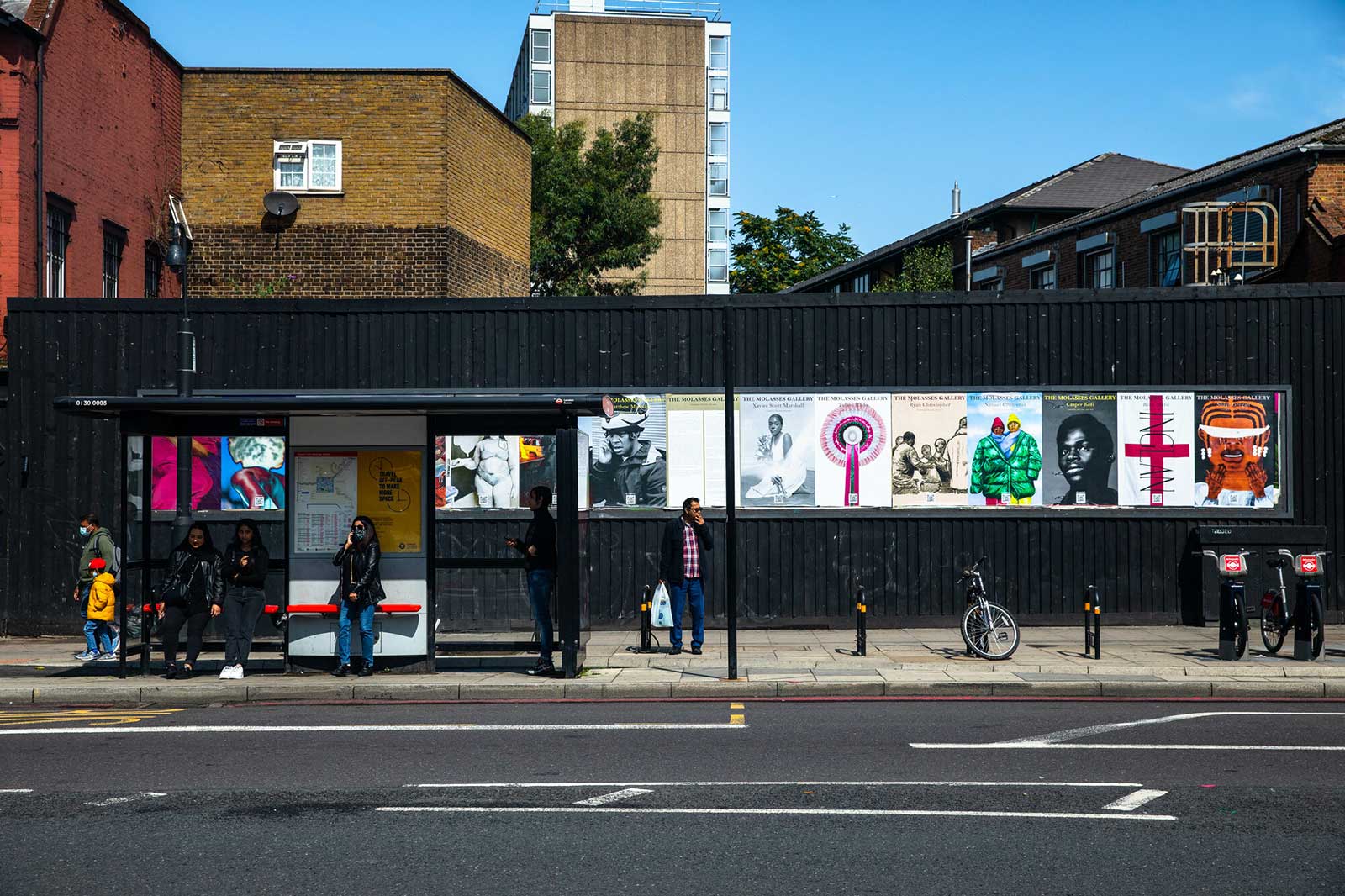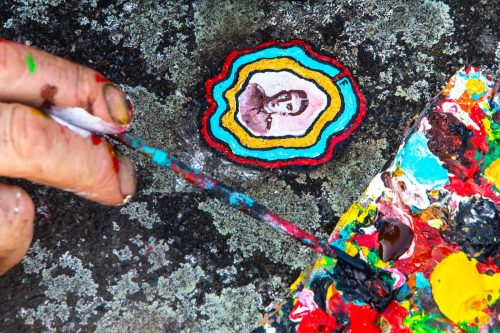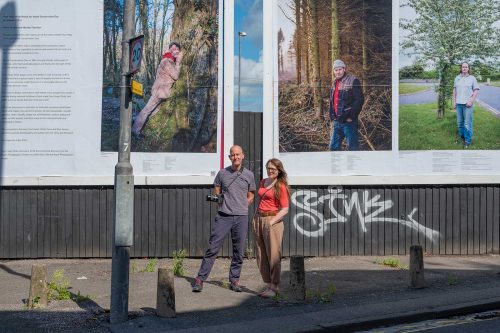Below we discuss his upbringing in the Midlands, defining success in the art world and his latest exhibition.
Tell us a bit about your background. What was it like growing up in Birmingham?
I would say the whole city is like a together community. Unlike what one area in London is like, it doesn’t feel separated at all. You have the Caribbean diaspora, Asian community, everyone. Everyone seemed to be very alike and working together. There was not so much disparity between the classes or the ethnicities, as much as I think I feel here. I think that is the most distinguishing difference between the two.
How did you find your footing in the art world once you moved to London?
I think moving here, I do not really think of the art industry in a way. I find it such a daunting prospect to get in an exhibit and be seen as valid that I’ve kind of now just shunned it. I, as others do as well, think if you have your own community and you have your own structure and network. I do not think you need to go knocking at the doors of the art industry in London. And I think that’s a mindset that I’ve evolved into rather than thinking that’s the only way you can be successful here. It’s a very Brummie stubborn way of thinking to be honest because if no one’s going to help you out, you just have to do it yourself. It doesn’t really matter if there’s someone to exhibit it; you exhibit yourself. You just do things yourself or you do it with your friends. The ‘cliqueness’ in Birmingham is more all about sitting down and having a pint to accomplish anything, while I think here it is more tedious and a bit harder.
Do you think that tediousness extends to different parts of the creative industries here?
Yeah. I actually think everyone feels it, but they also contribute that kind of closed door policy to everything. It doesn’t make sense to me just because of my upbringing, but I think it does make sense in terms of quality control. But even then, so many people get missed out or don’t fit in a box. In this case, not even ethnically as I don’t think it actually does matter about your skin colour or anything like that. I think it’s sometimes which people you hang around, who’s in your friends group, or who you first met when you were first here. It doesn’t matter if you’re from Holland or Italy, I think everyone who travelled to settle here and wants to make a name for themselves creatively just finds it a shock.
What made you want to start curating?
It is a mix of two things. In the pandemic, obviously, there was George Floyd and just general joblessness. After I finished my law degree, I never went into it. Instead, somehow ended up in the tailoring industry and working on Savile Row. Obviously, you get free suits and when I was thinking of starting my law career, I thought instead of buying suits hopefully if I did it for long, I would have enough suits to look like a competent lawyer.
Being on Savile Row when I decided to move from Birmingham to here, the opportunity was so big. You get a chance to meet artists and musicians daily, it is almost ridiculous how daily it is. The space that I had was with Joseph gave me flexibility to curate some of the displays, but the displays would be with artists. I think my first foray was just talking to a few artists that I liked and I thought the brand would like, and getting them to sell their art in the store. That’s kind of how I got into realising curation was actually a career or something to do. I also always thought it was kind of reserved for highborn, the elites, who probably are always at dinners and meetings with their family members who buy and collect. Your middle classes are not really thinking about collecting art to go in your house, they’re just going to IKEA. Being there, coined with being jobless in the pandemic, I was reading up about Noah Davis. I never completely read up on him when I was younger, but his life kind of fascinated me. He started the gallery in LA and he found some of my, quite literally, my favourite artists of all time. He died at 30 and I was 30 when I thought about starting this. I thought if I die now, maybe it would be a good idea to do that. It’s a bit of a crazy, deep thought but we were all kind of like that in the pandemic.


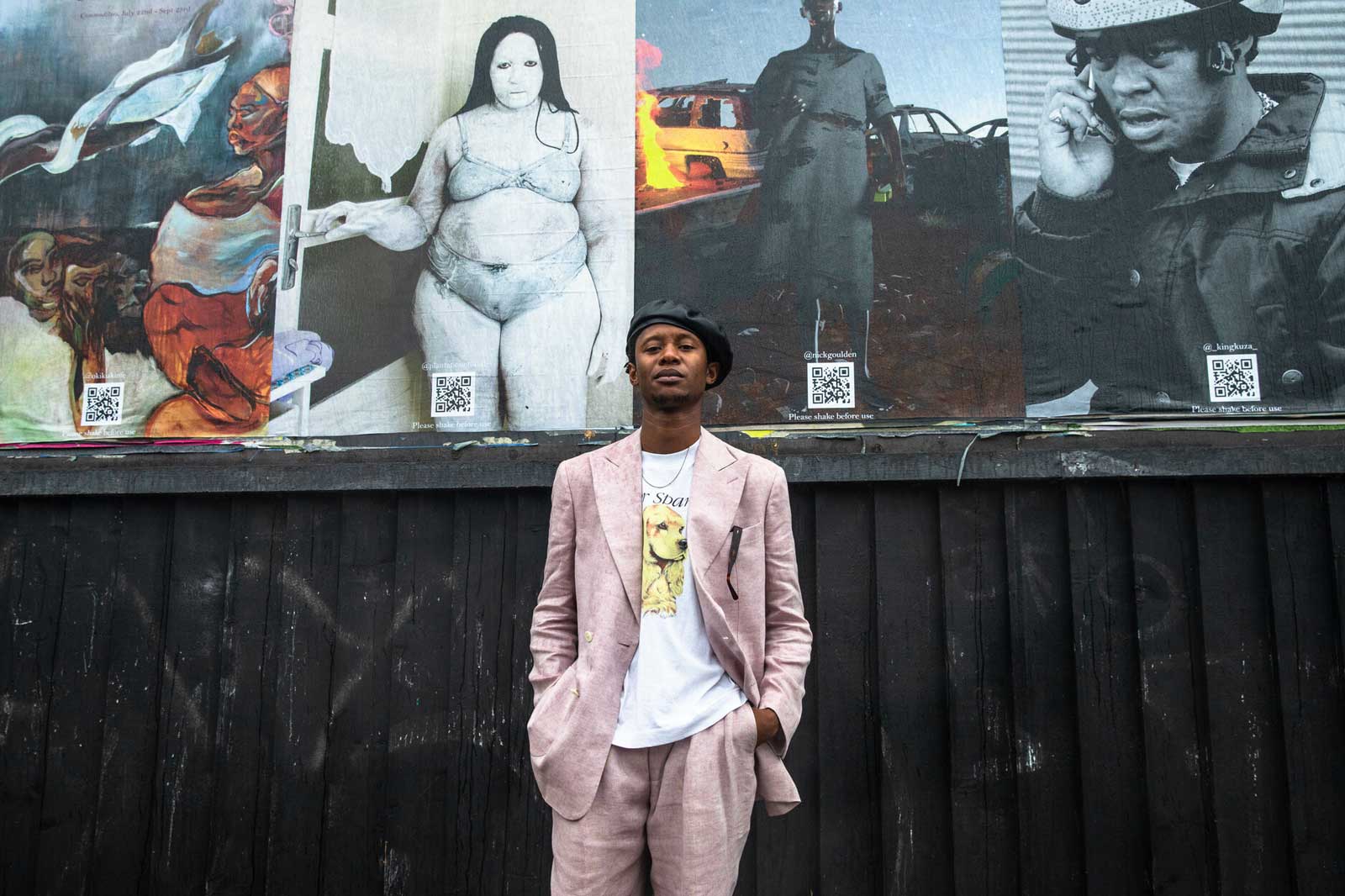
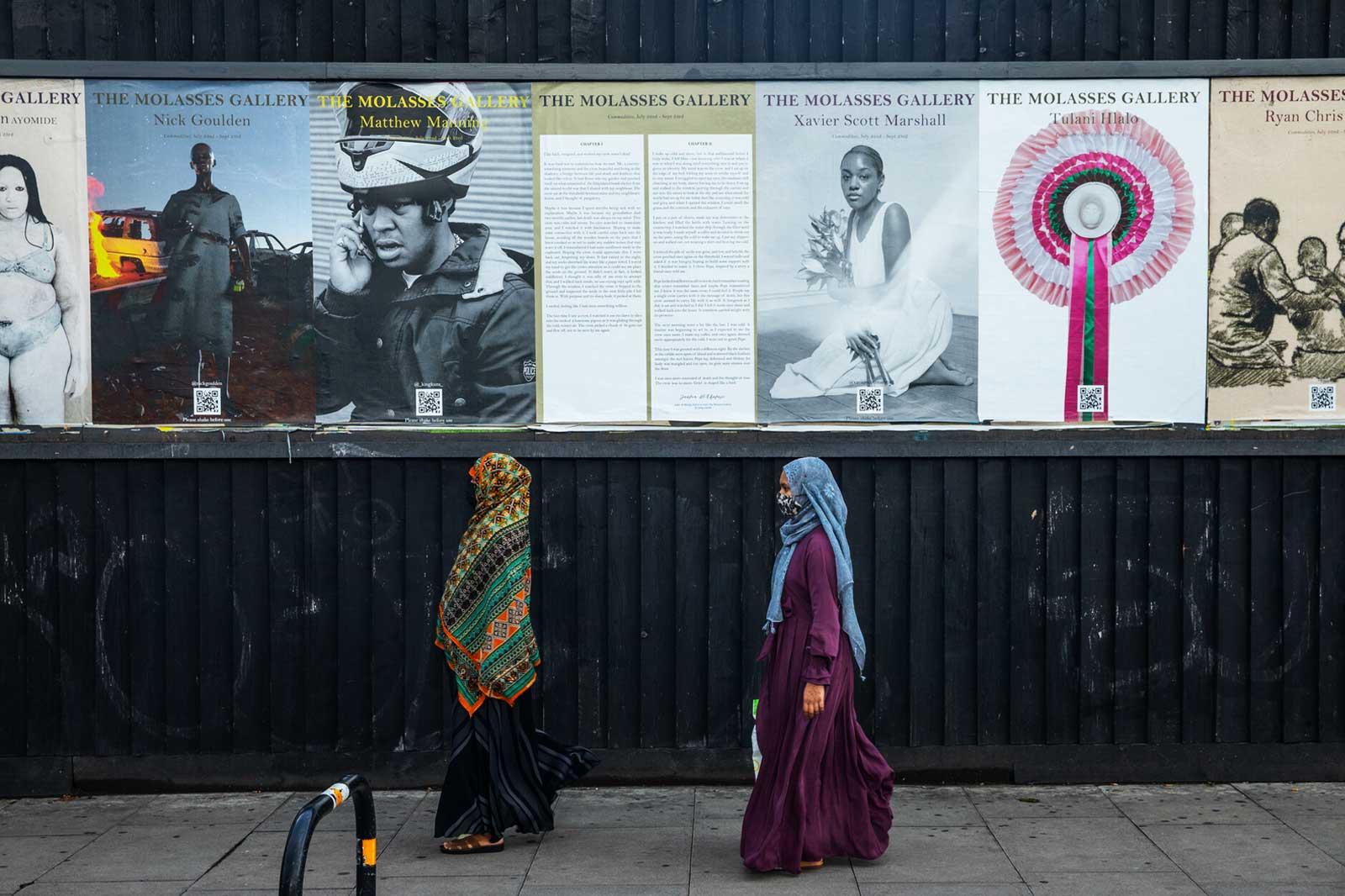
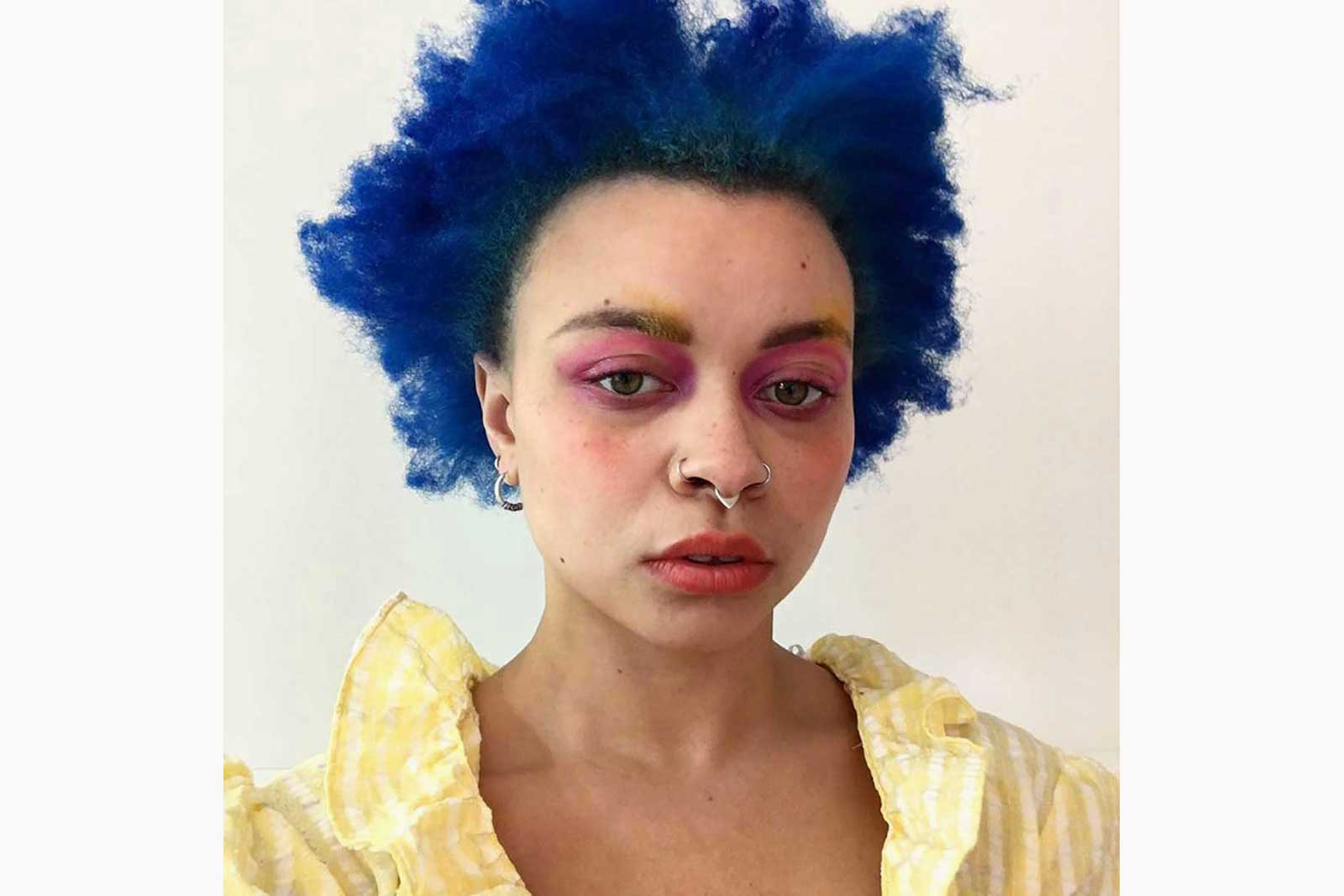
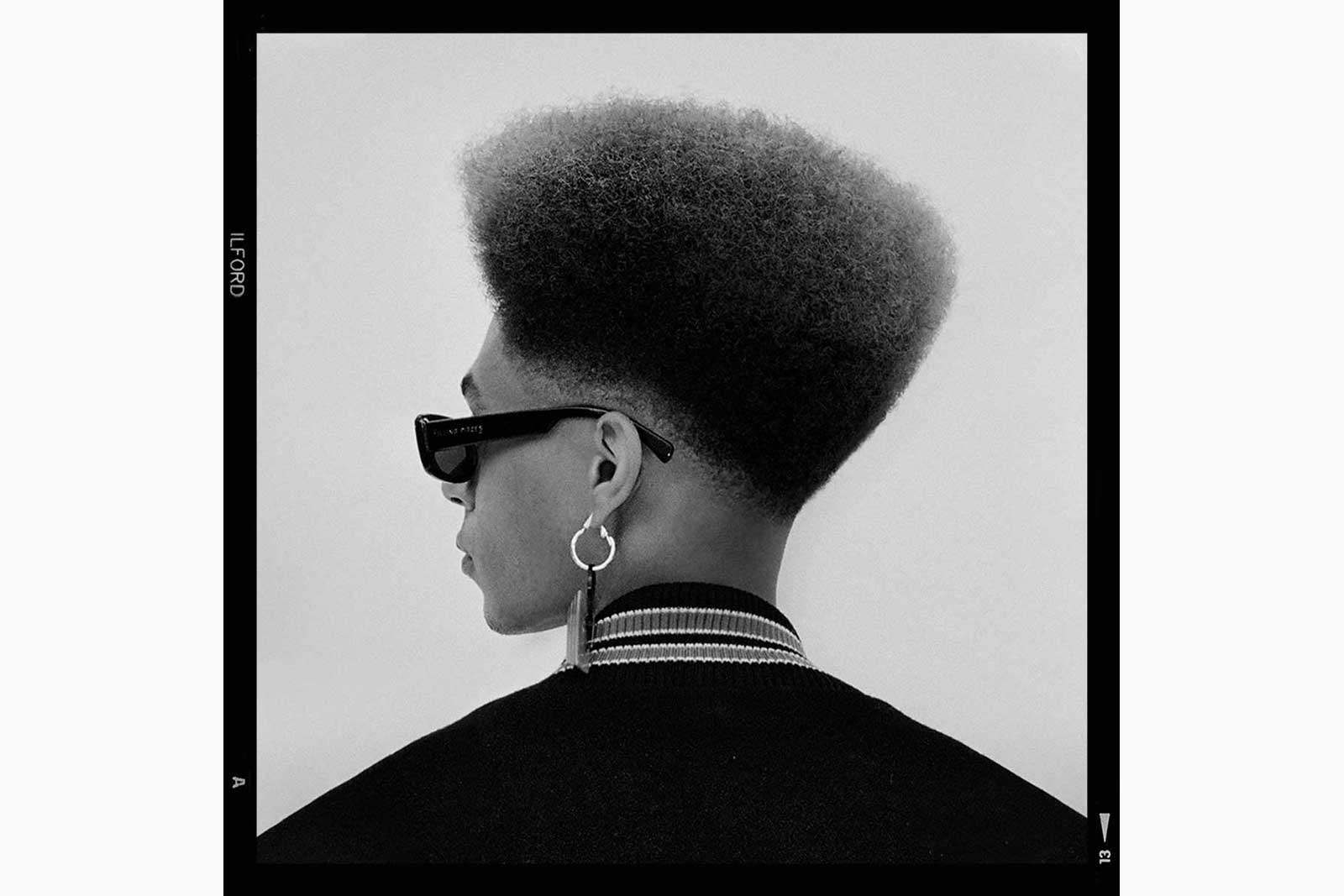
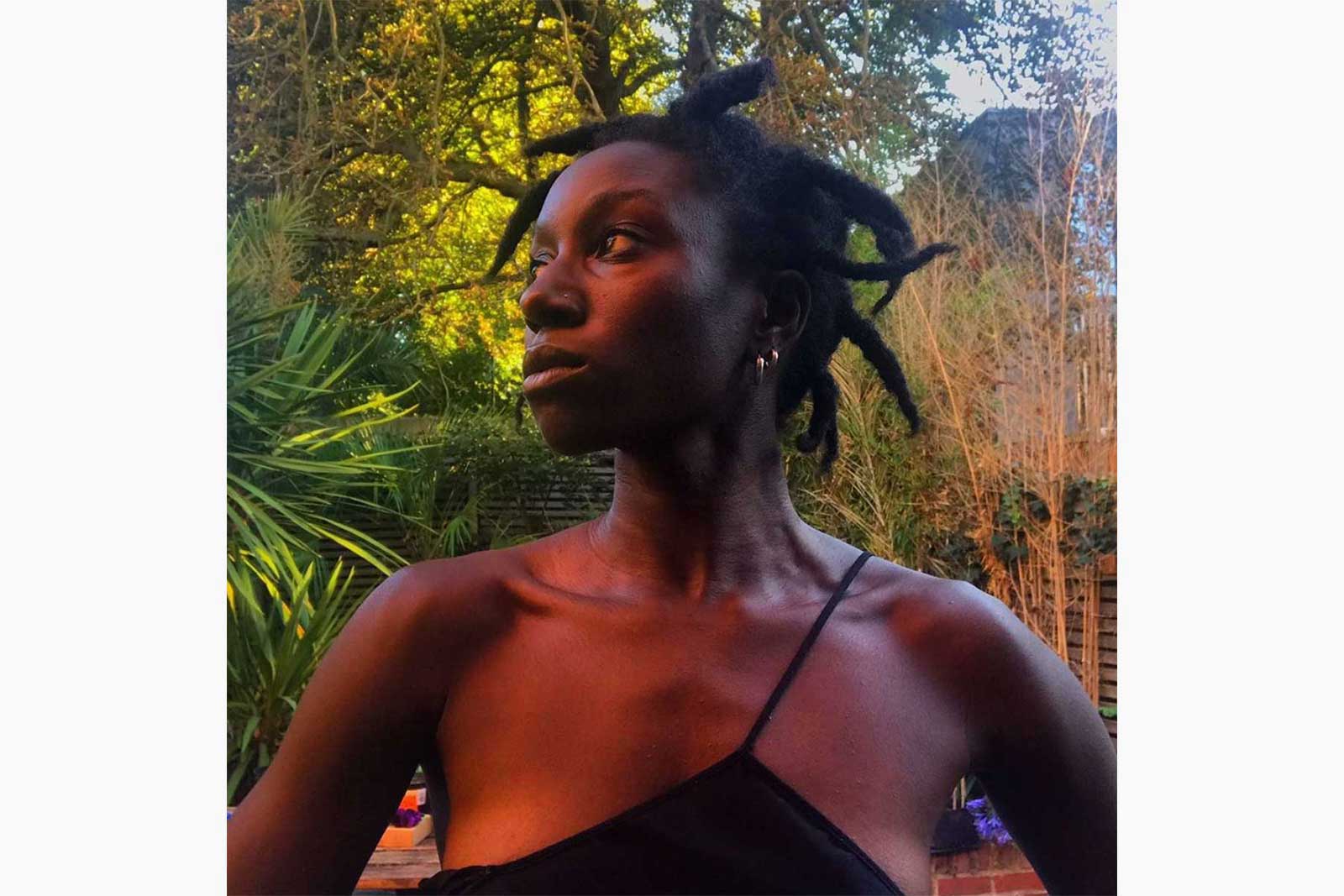
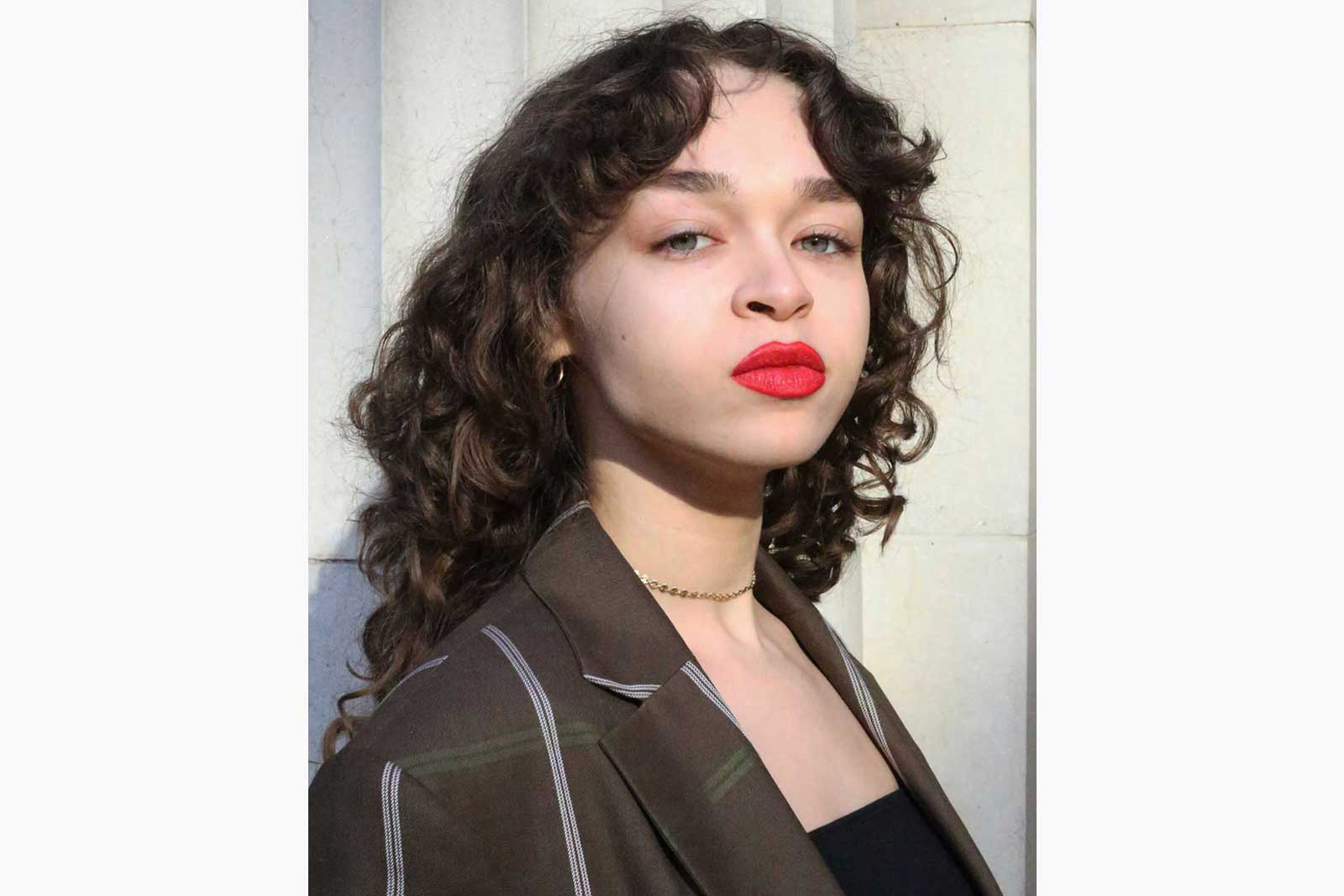
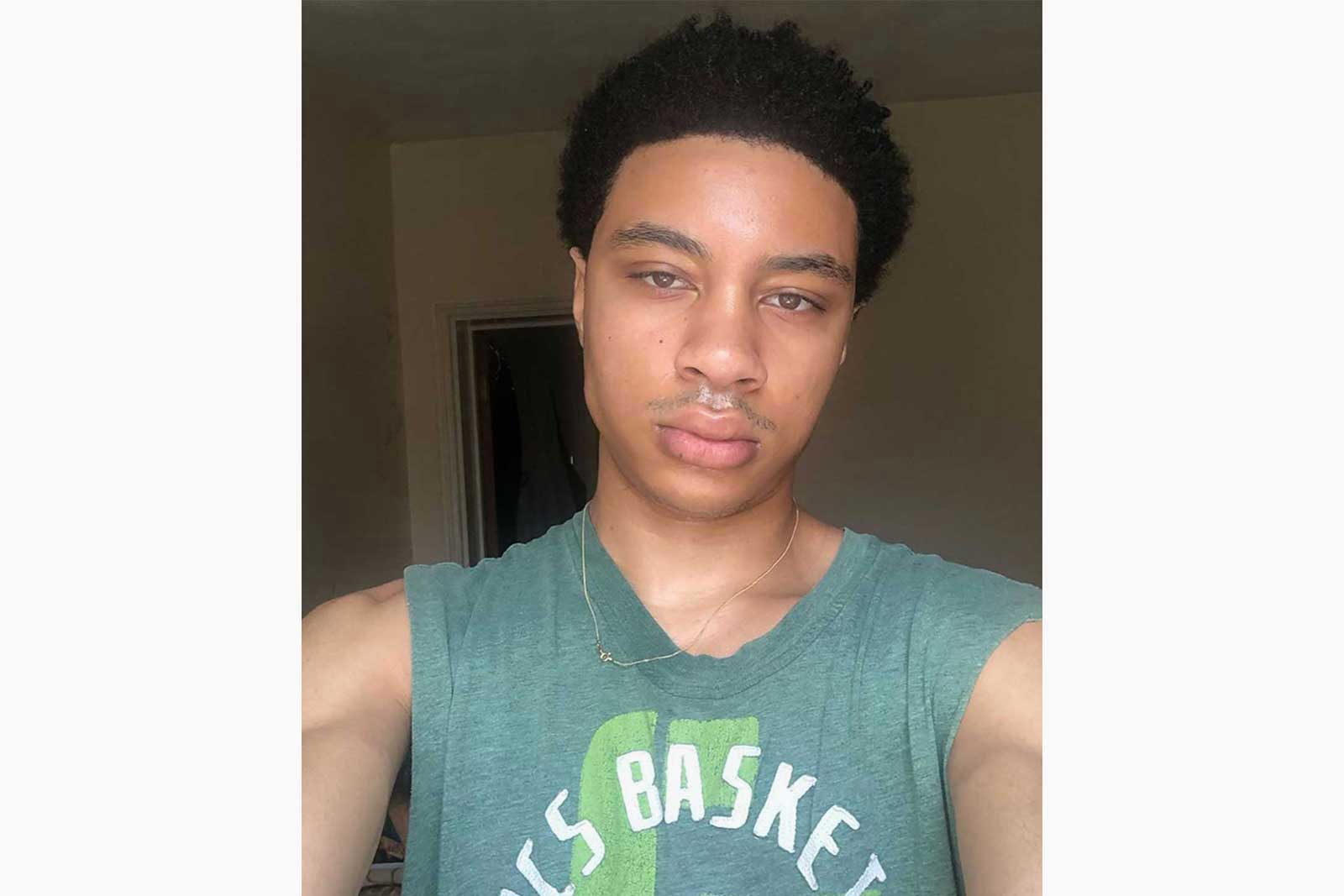
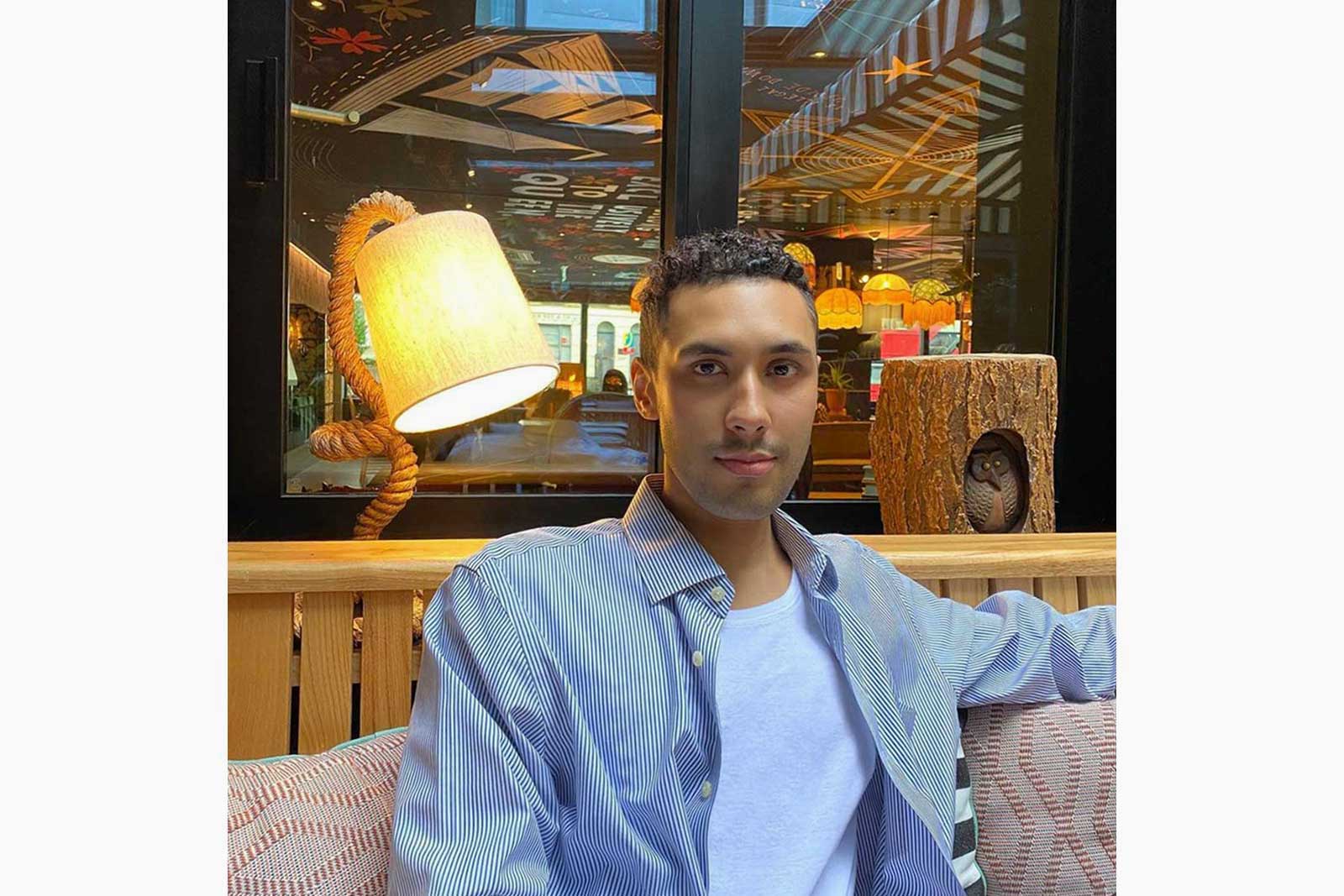
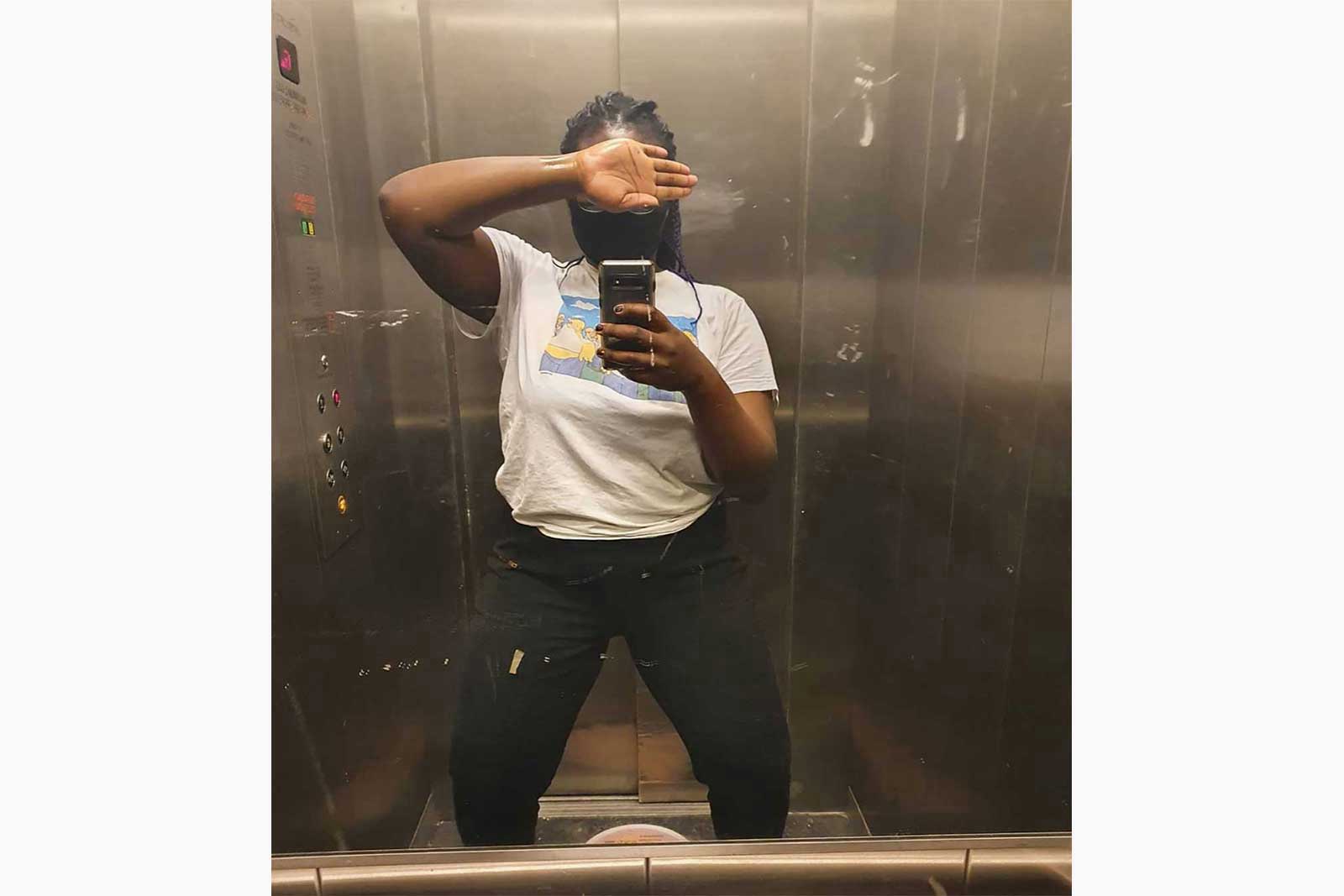
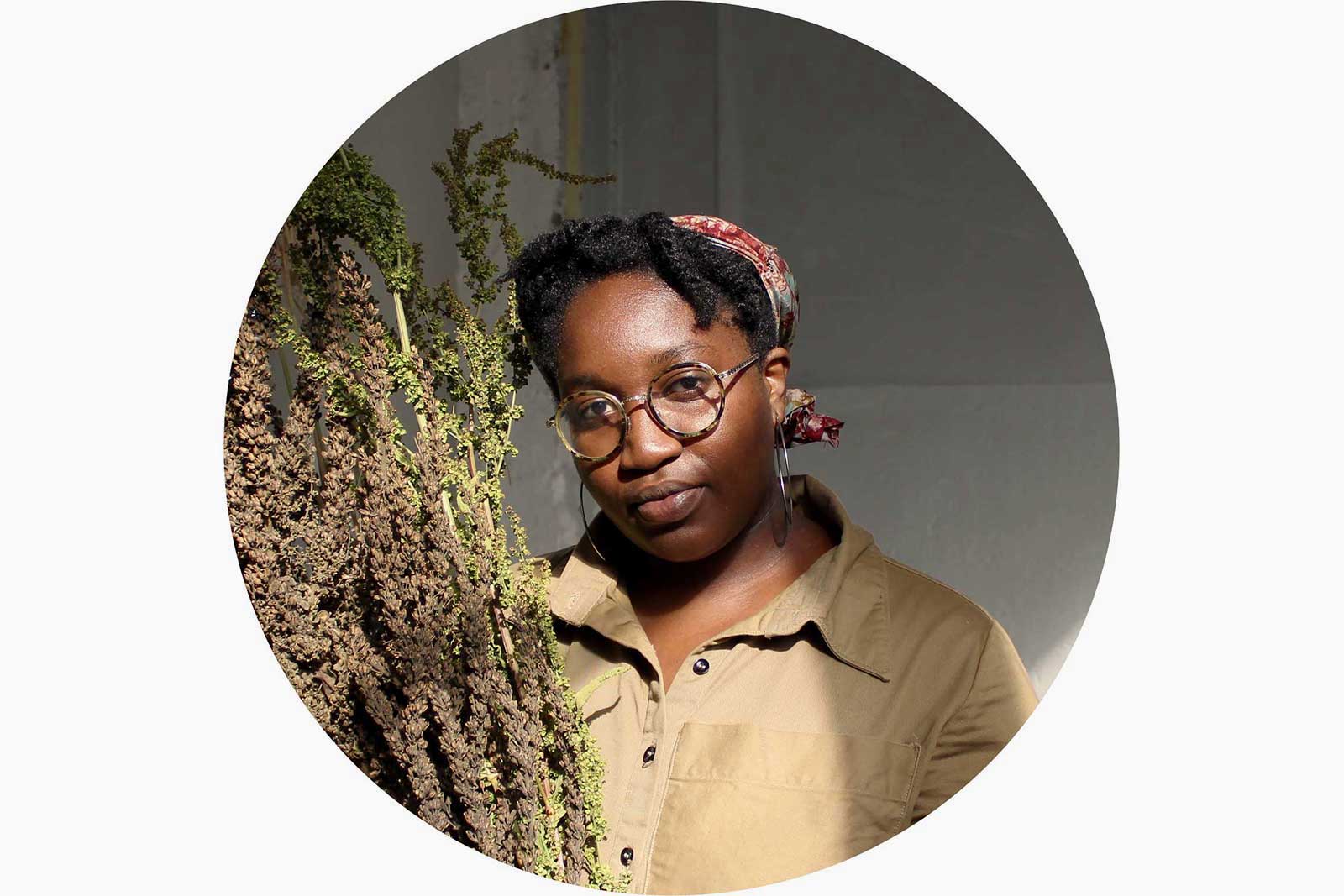
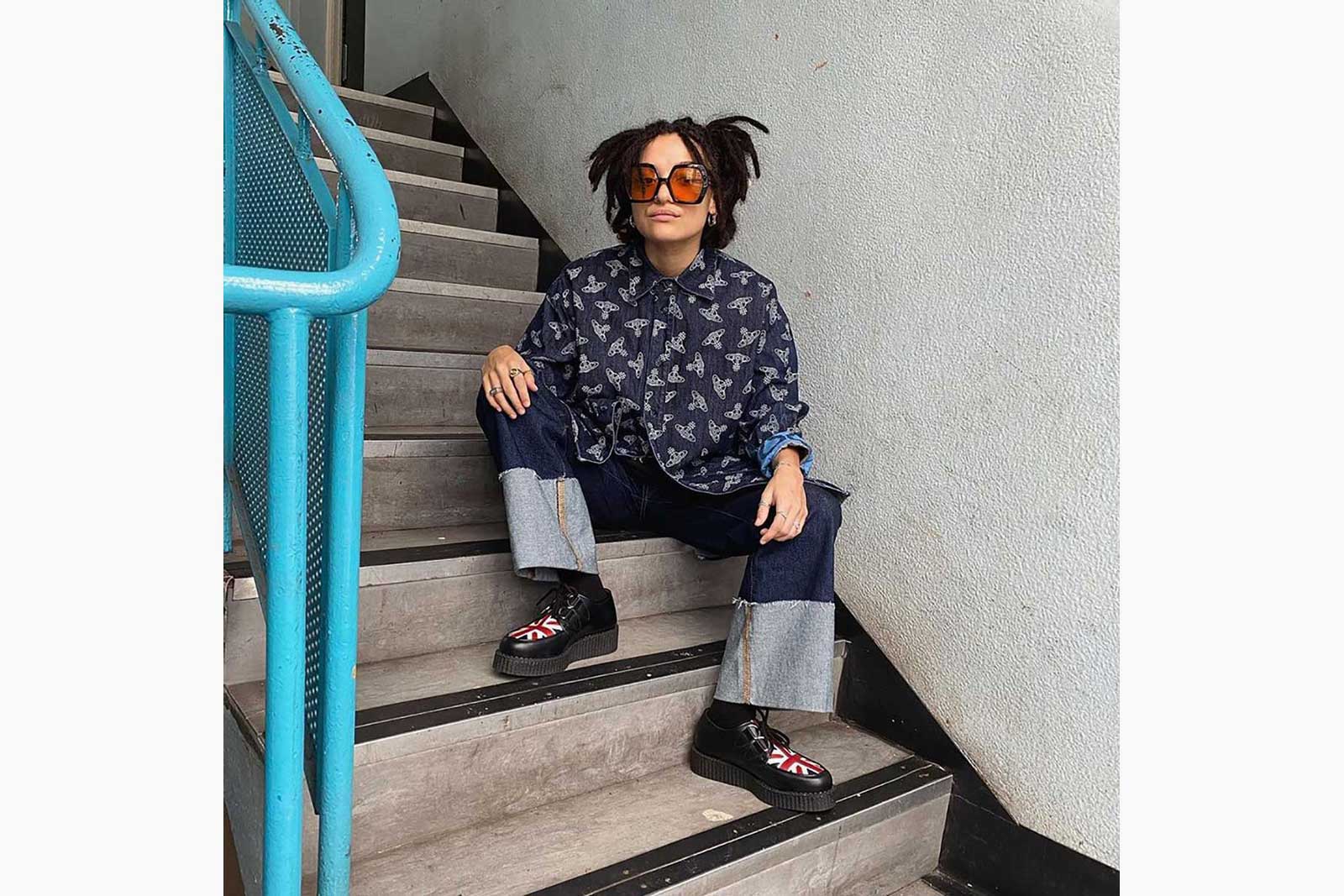
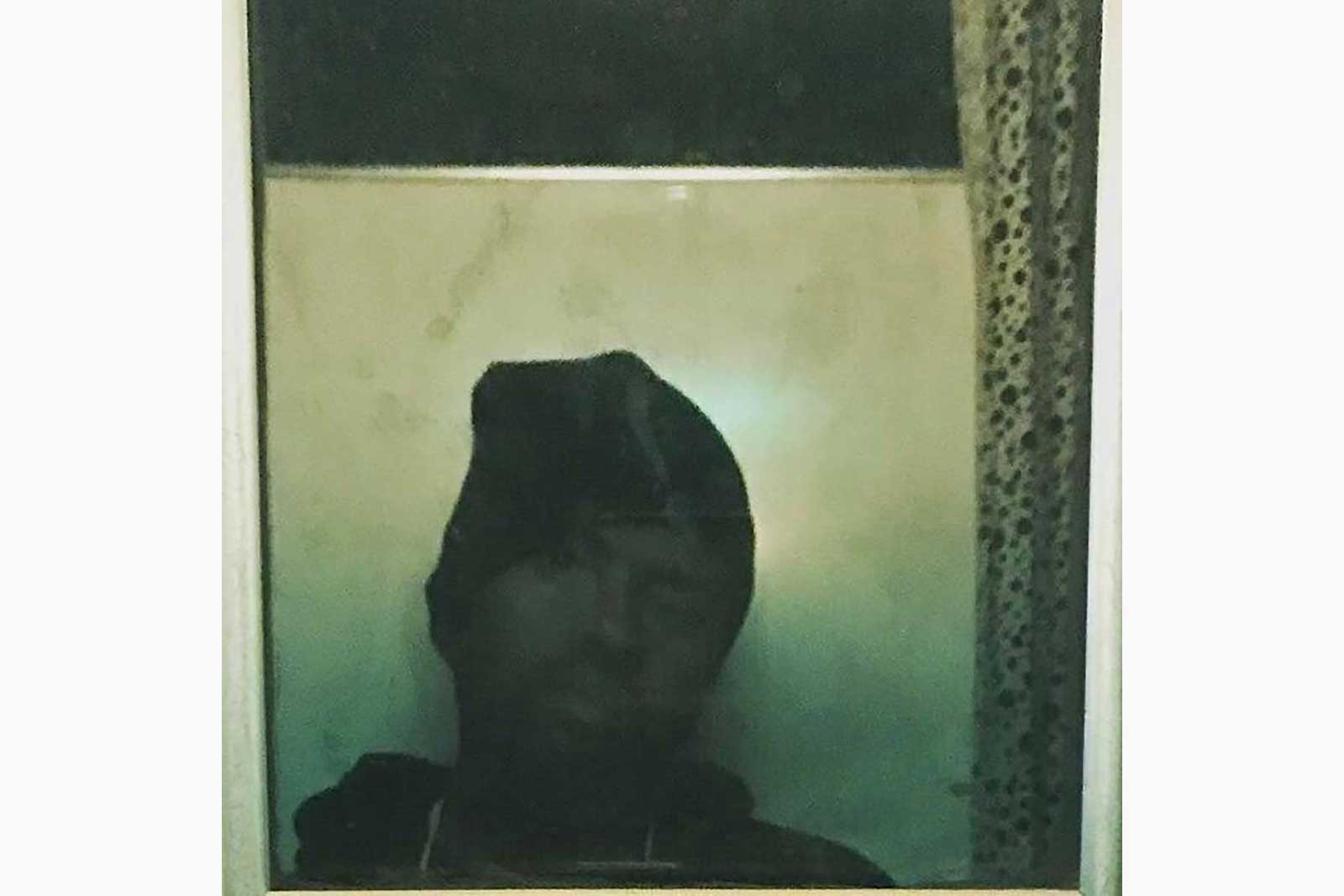
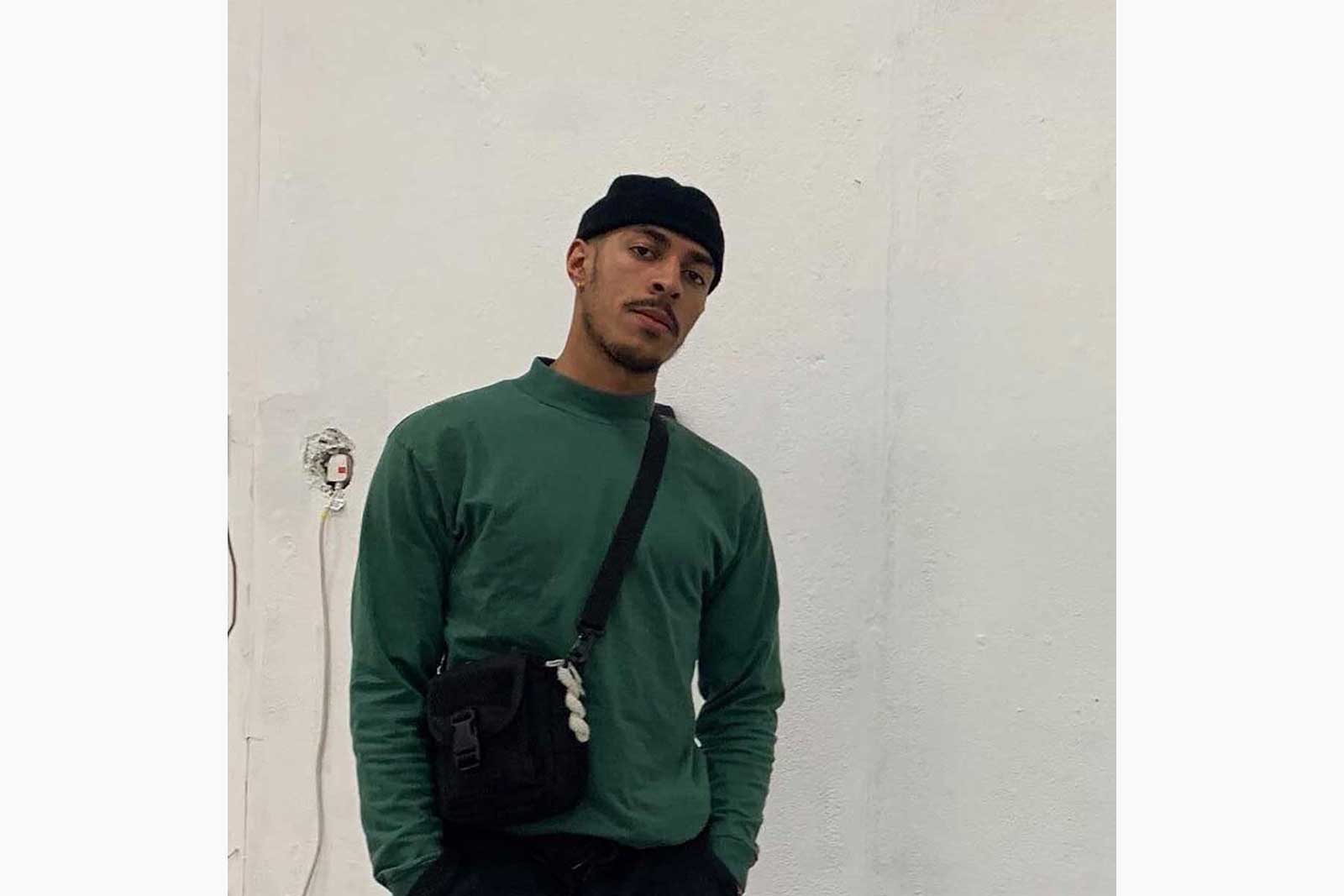
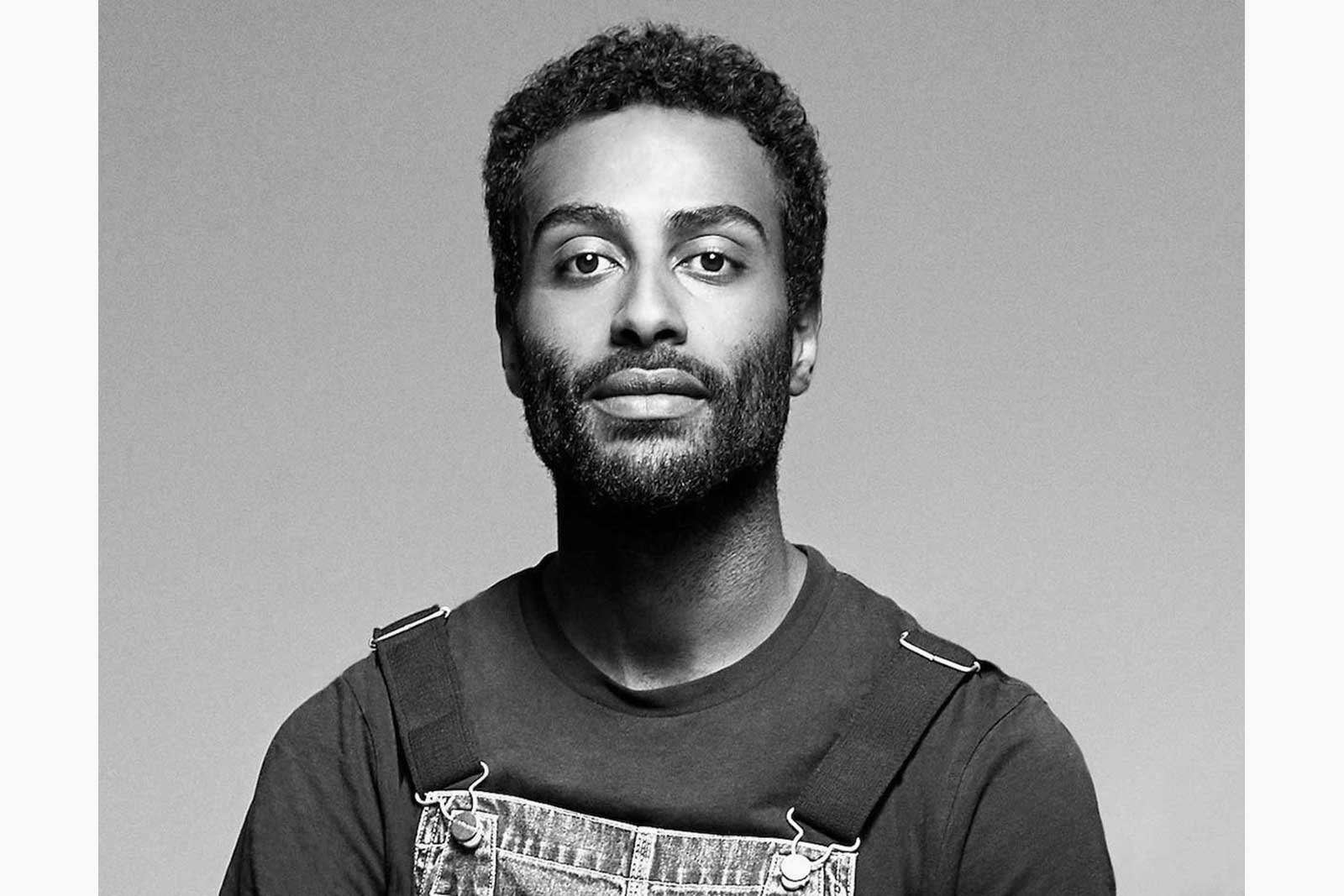
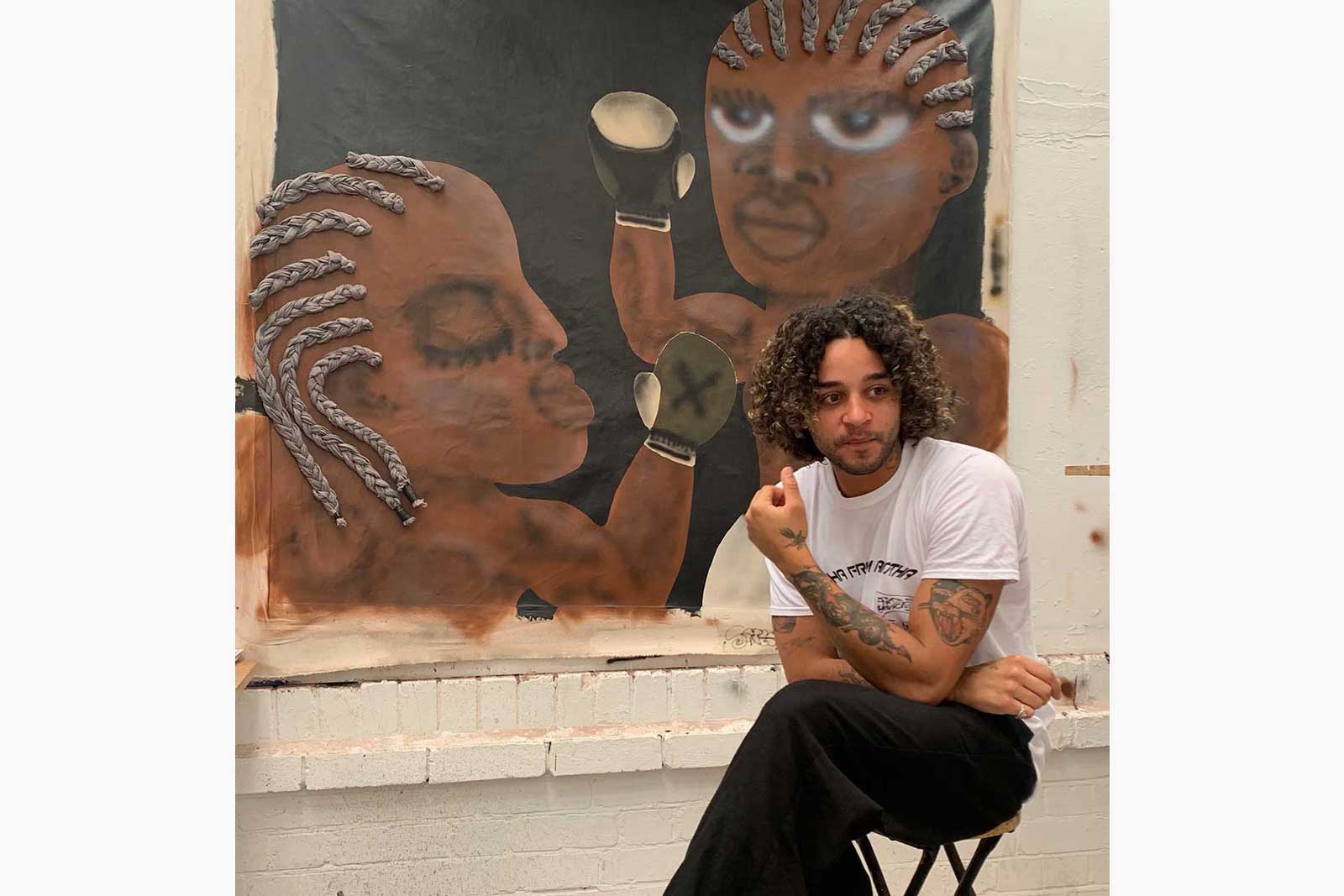
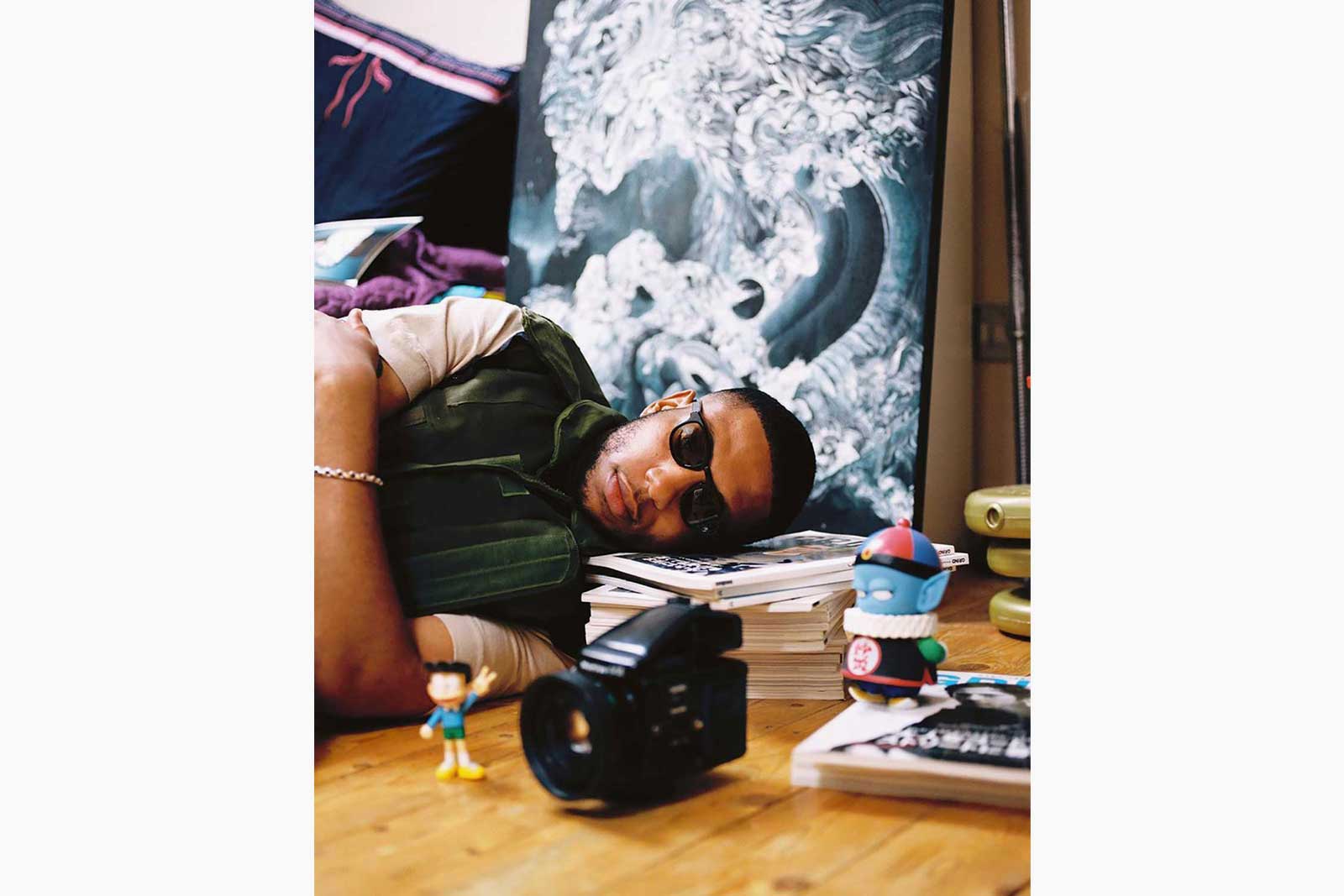
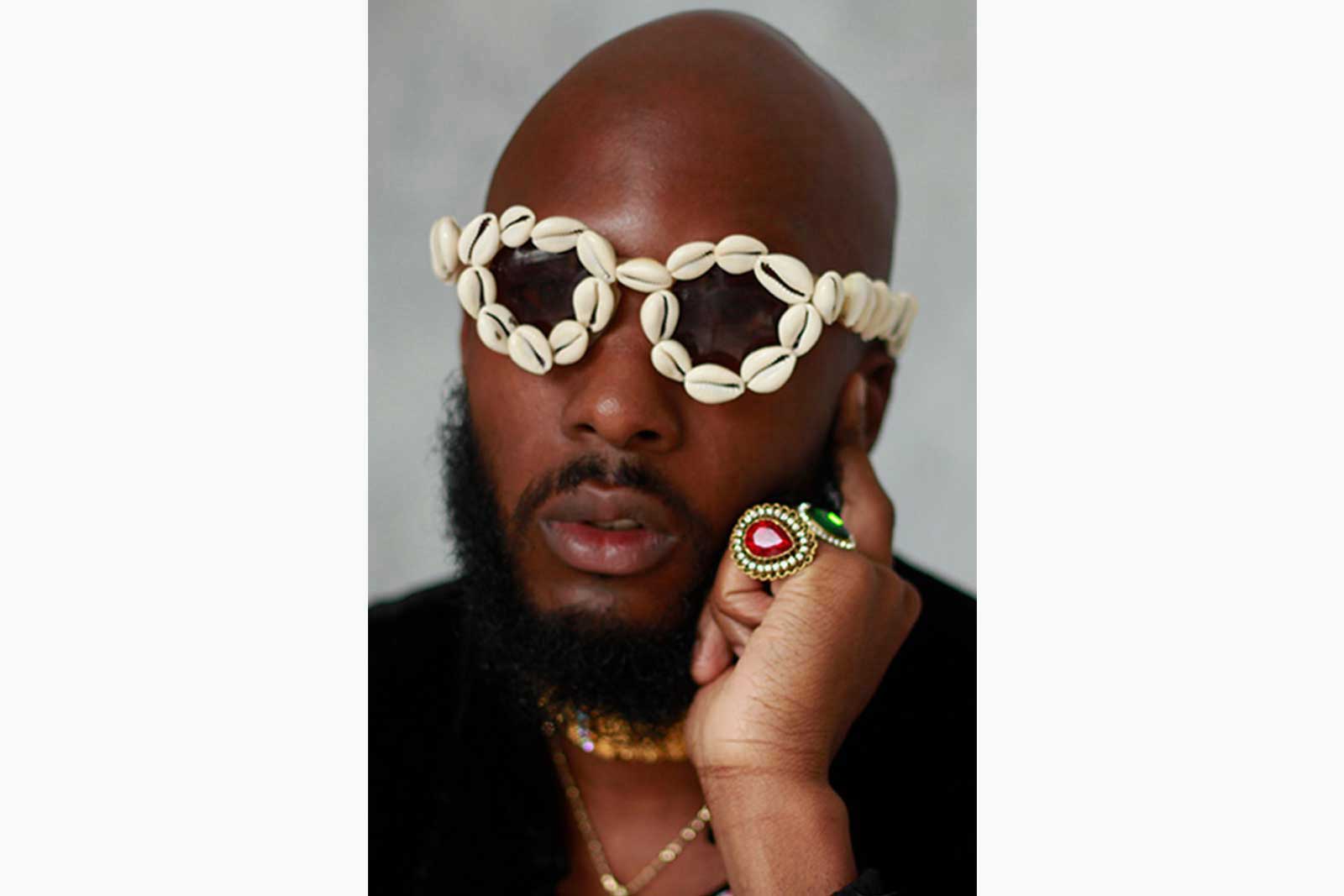
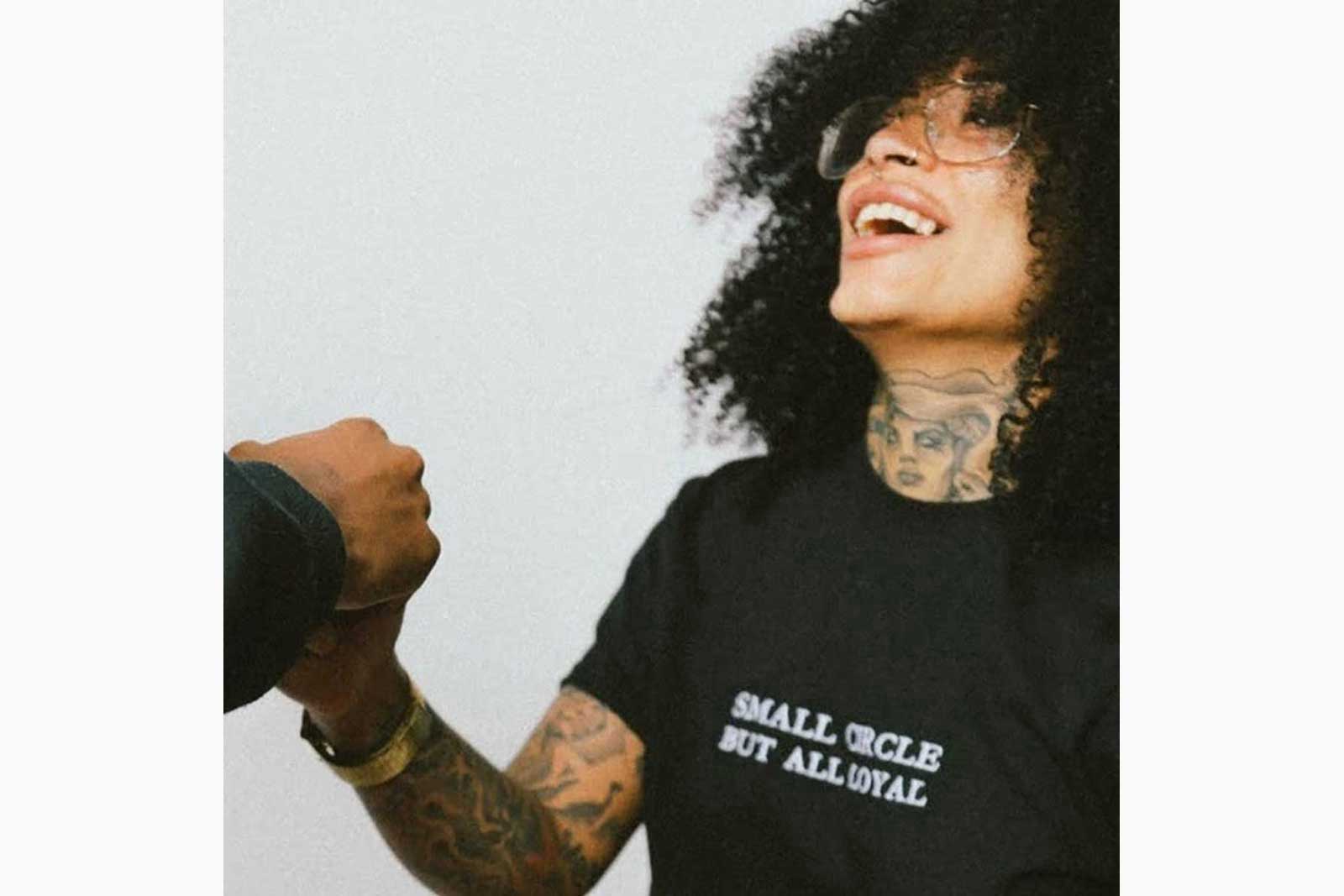
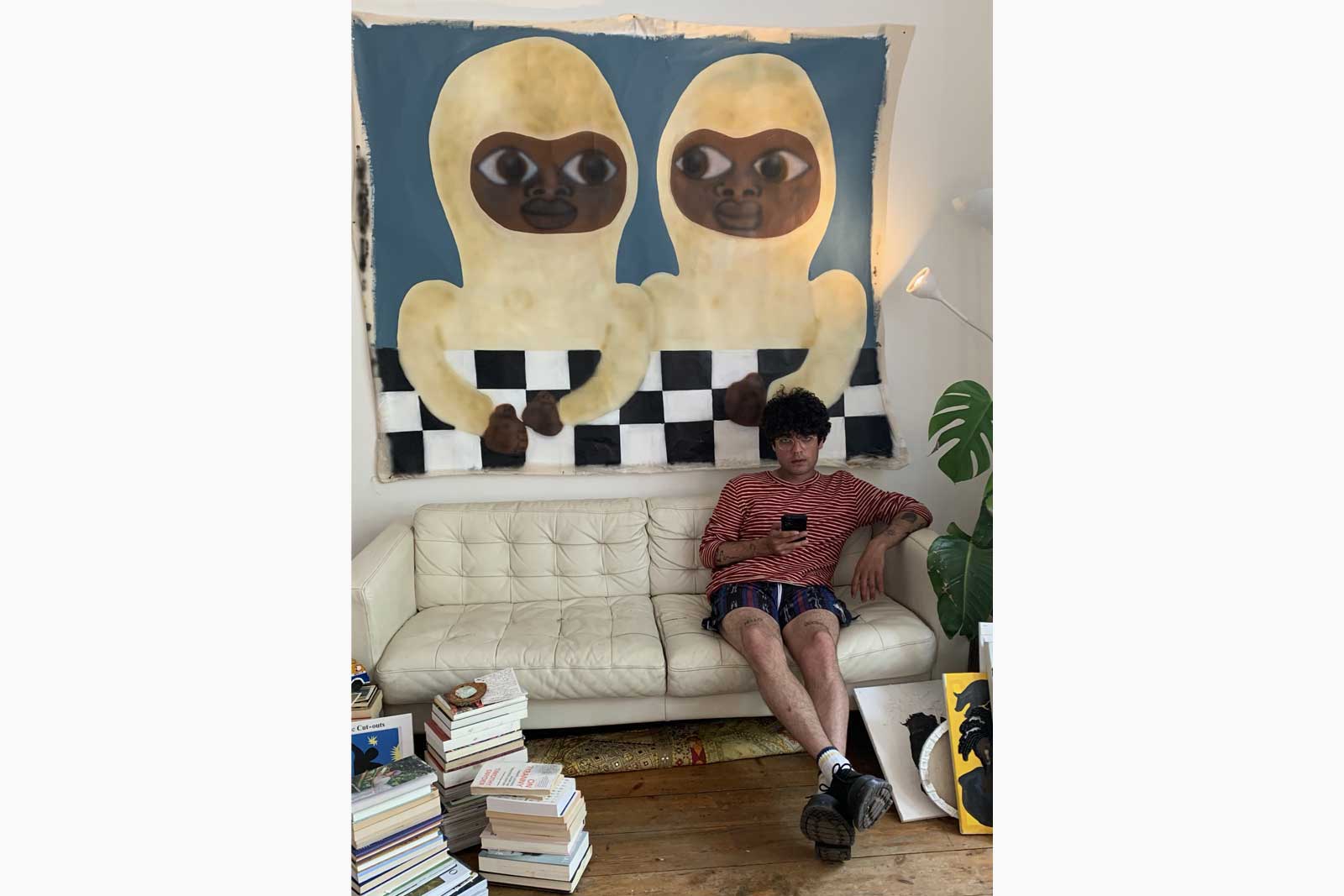
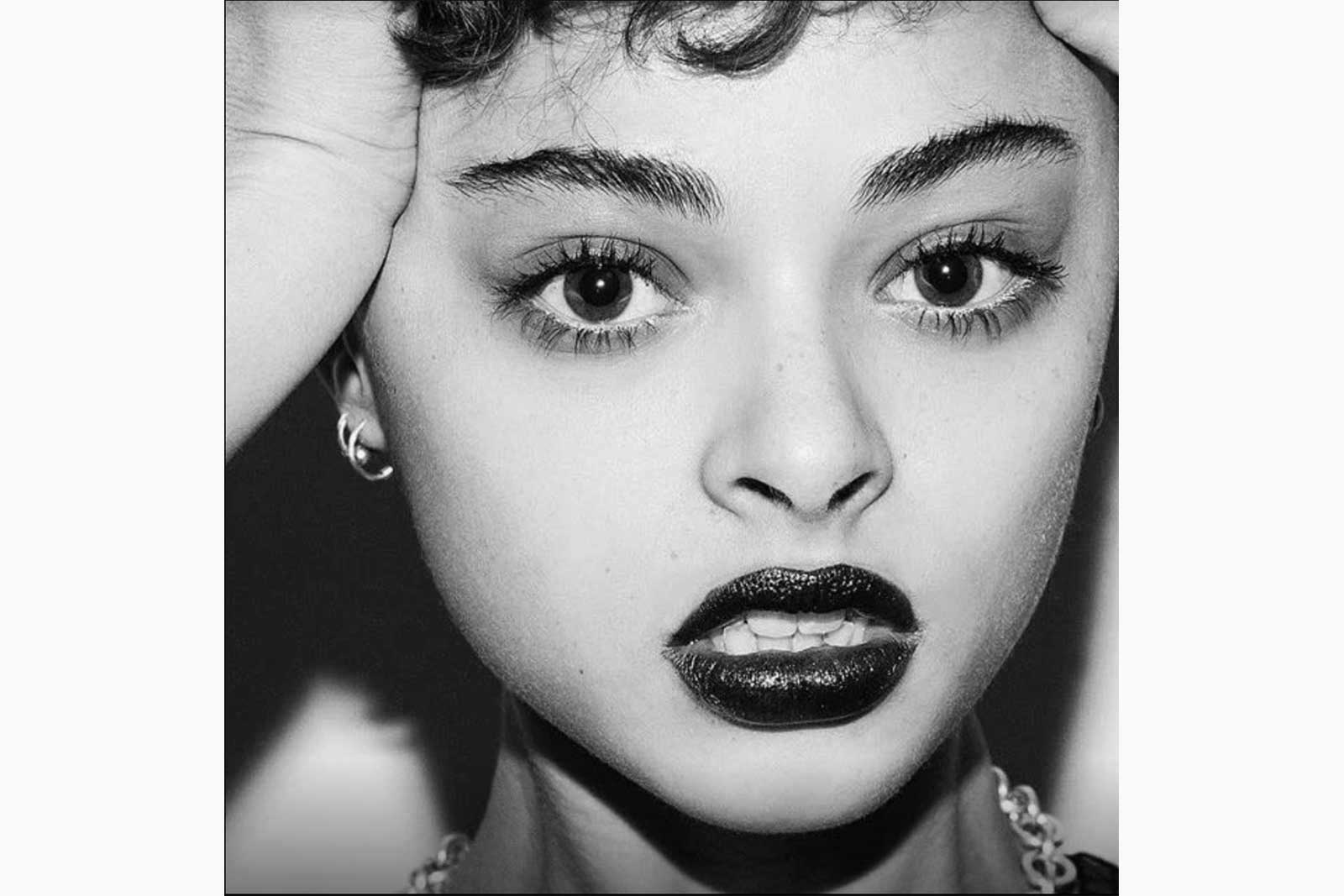
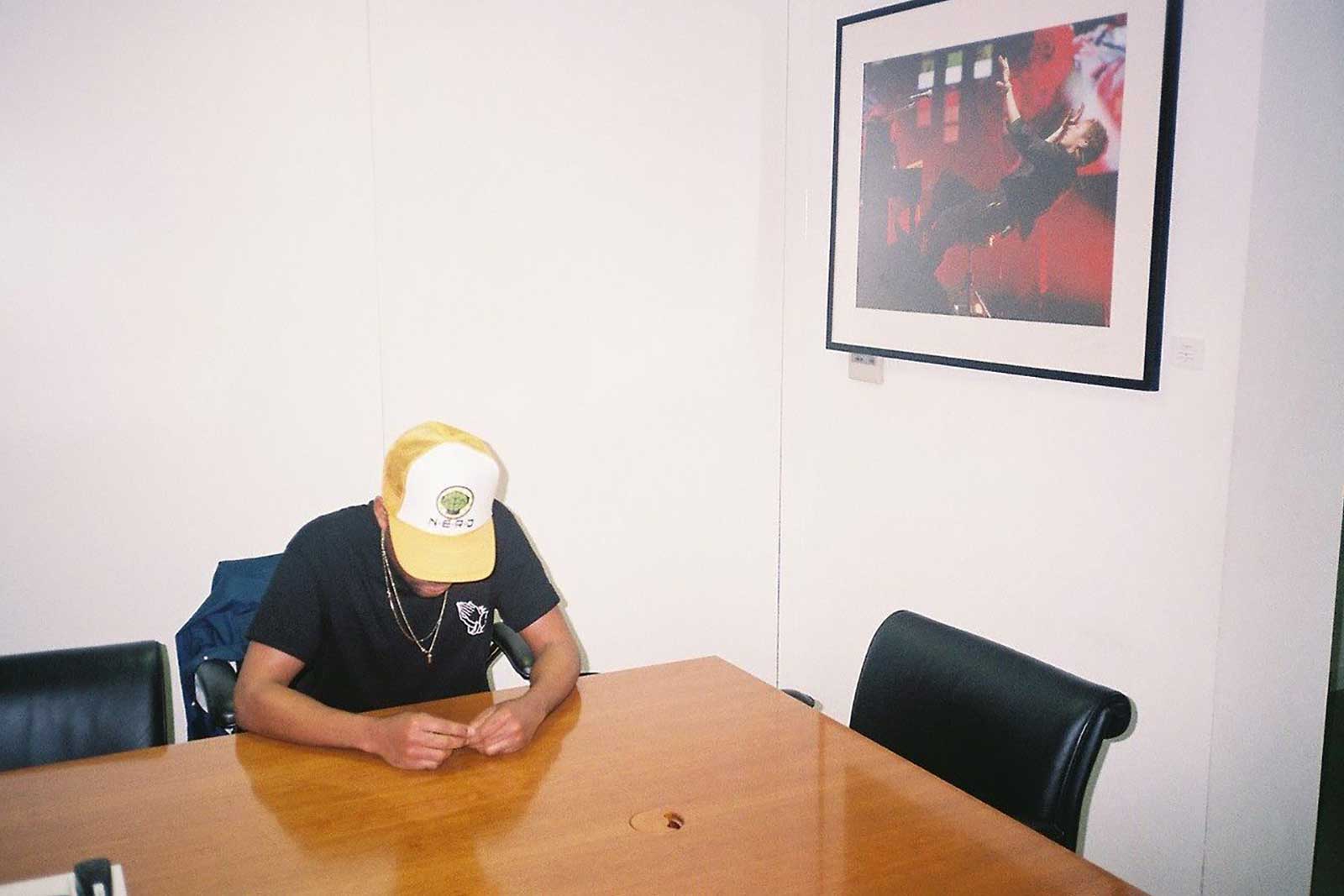
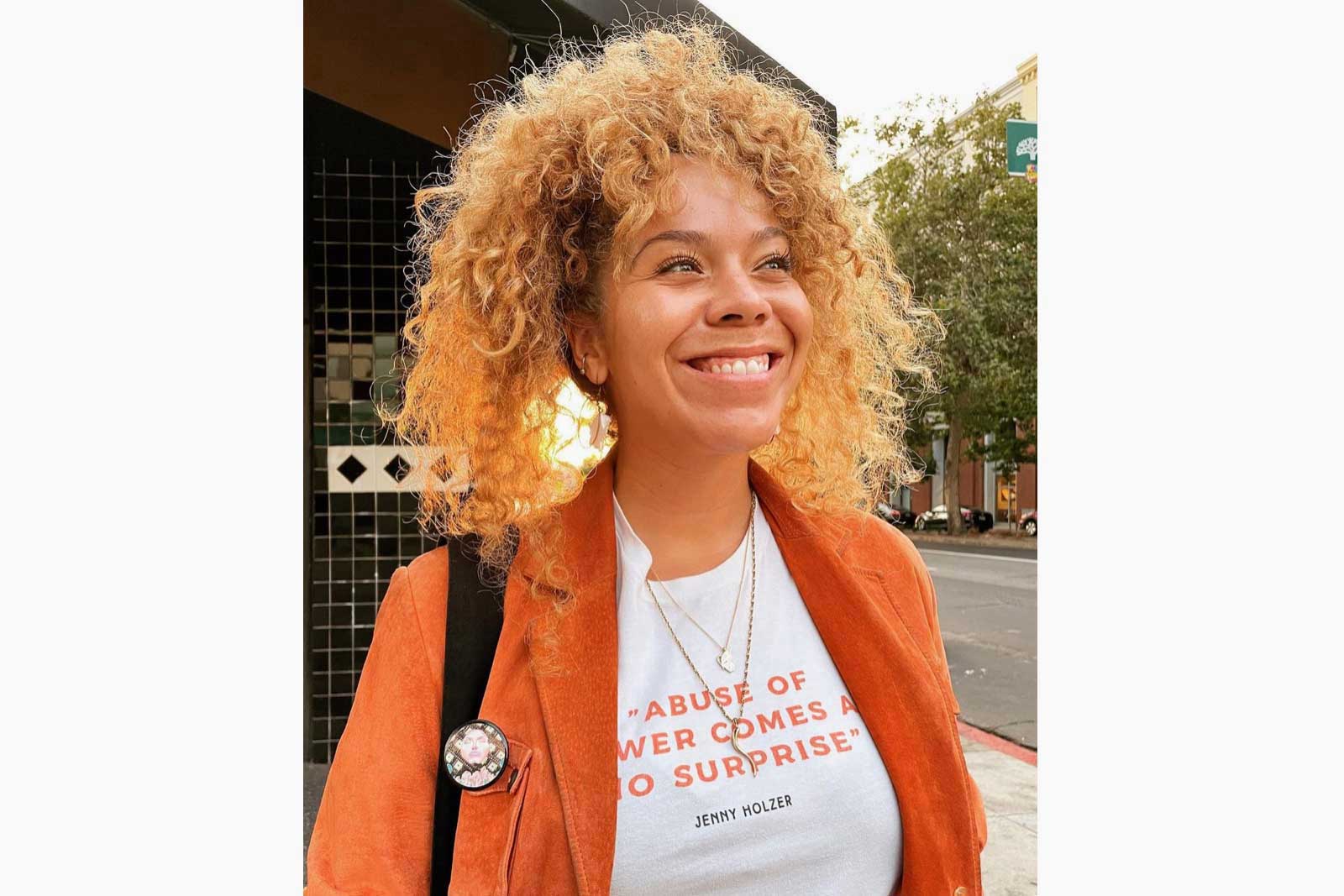
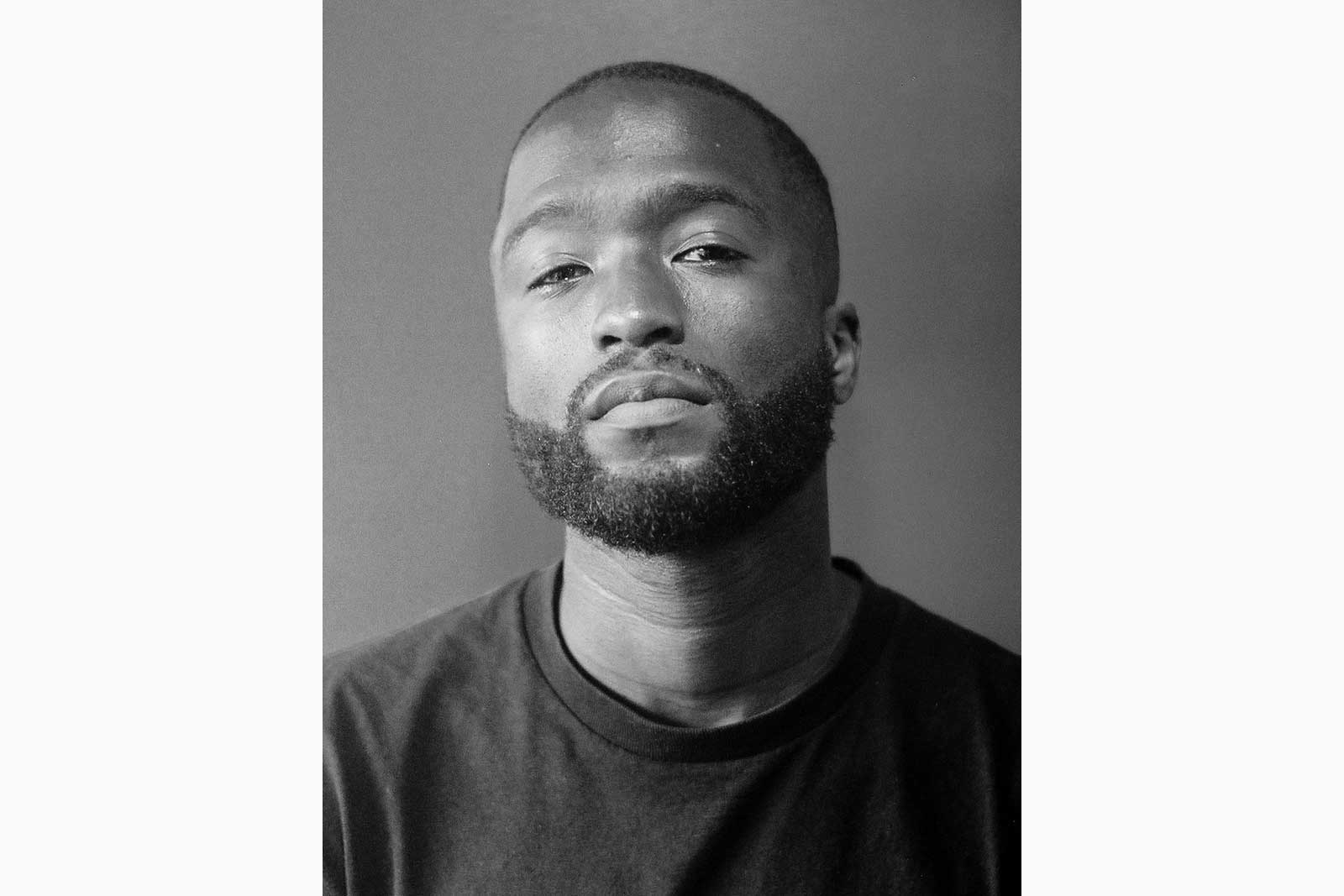
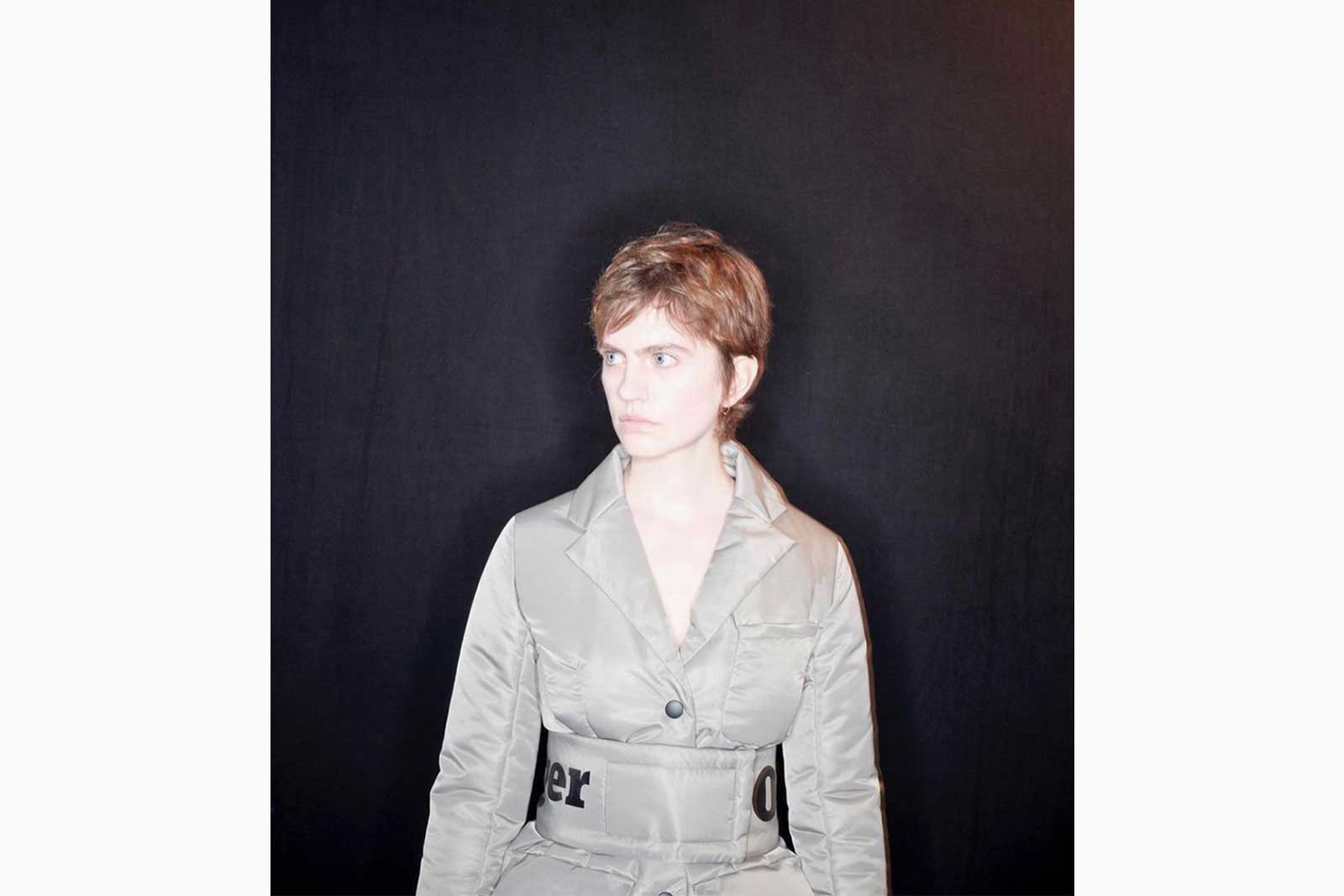
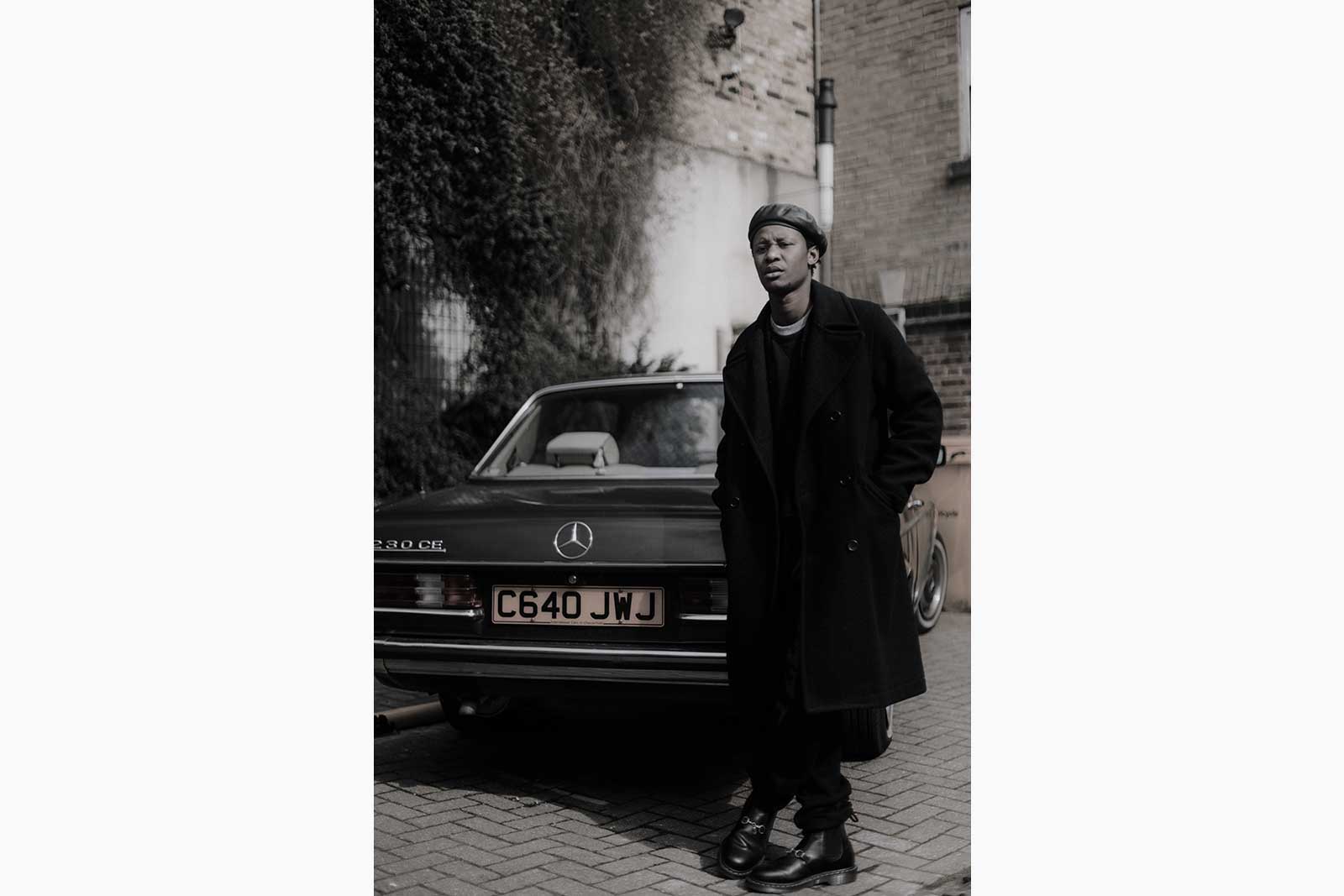
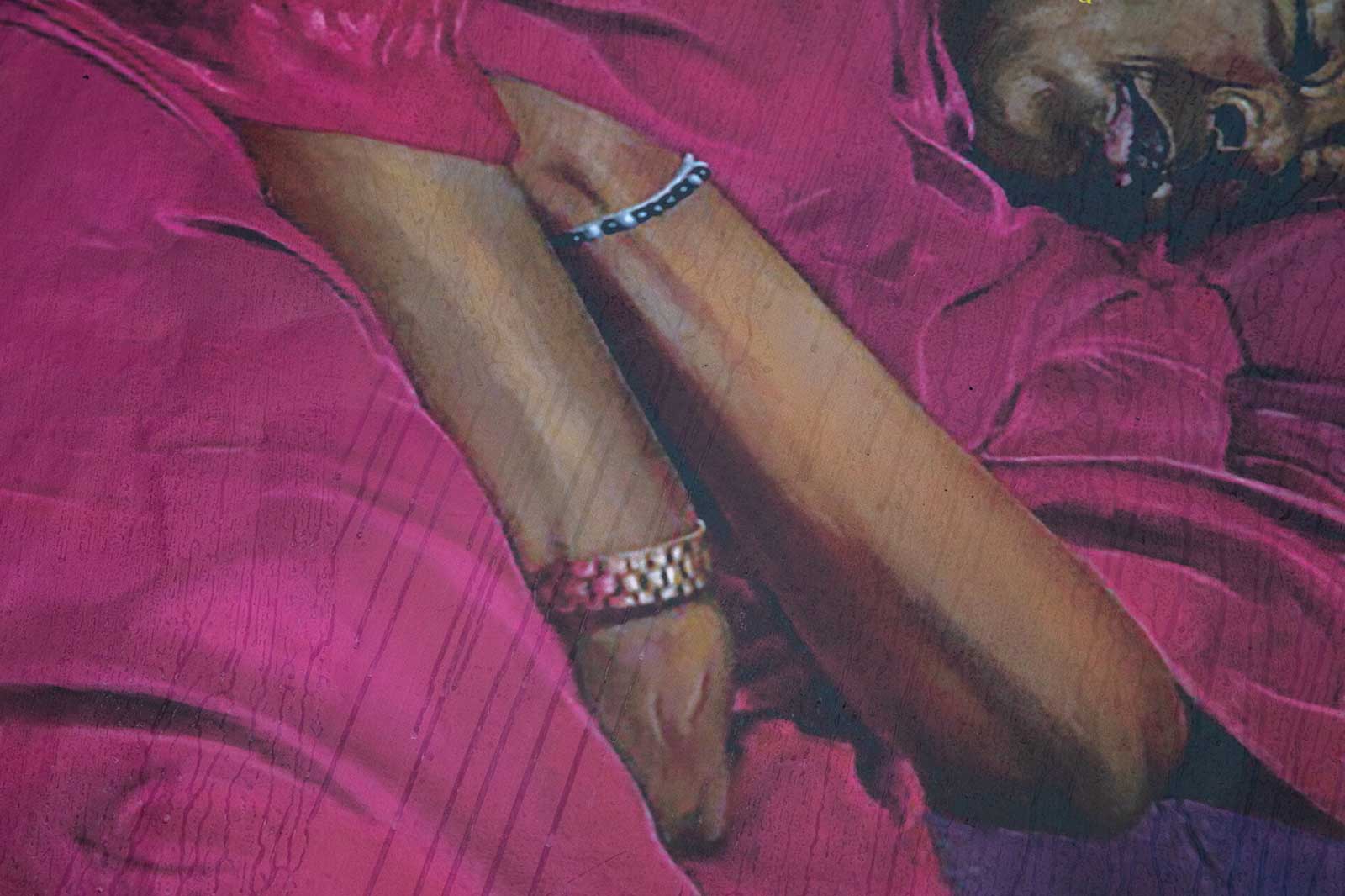 “Red Lady” by Miles-Jaye Clement
“Red Lady” by Miles-Jaye Clement
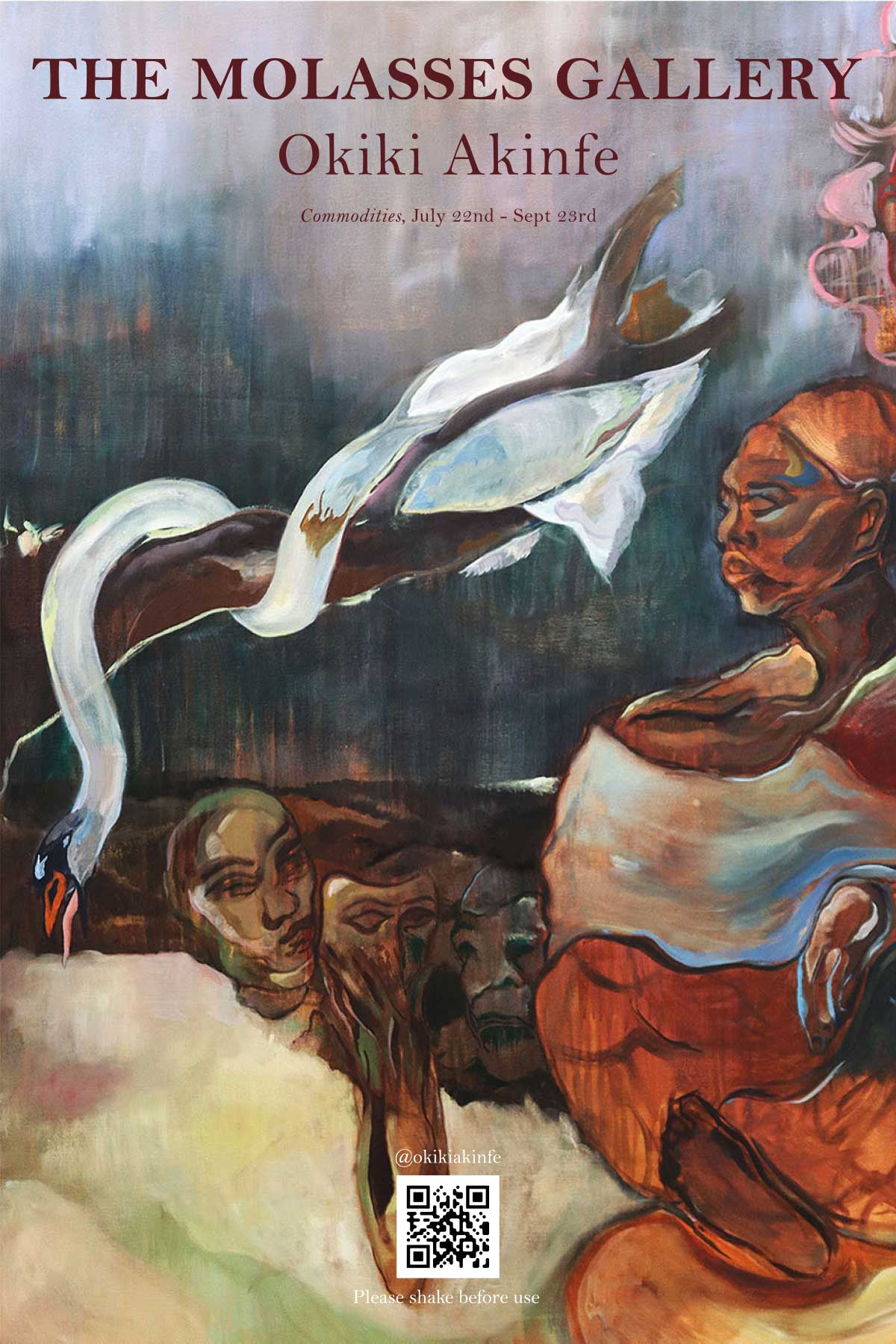 “Magdelena” by Okiki Akinfe
“Magdelena” by Okiki Akinfe
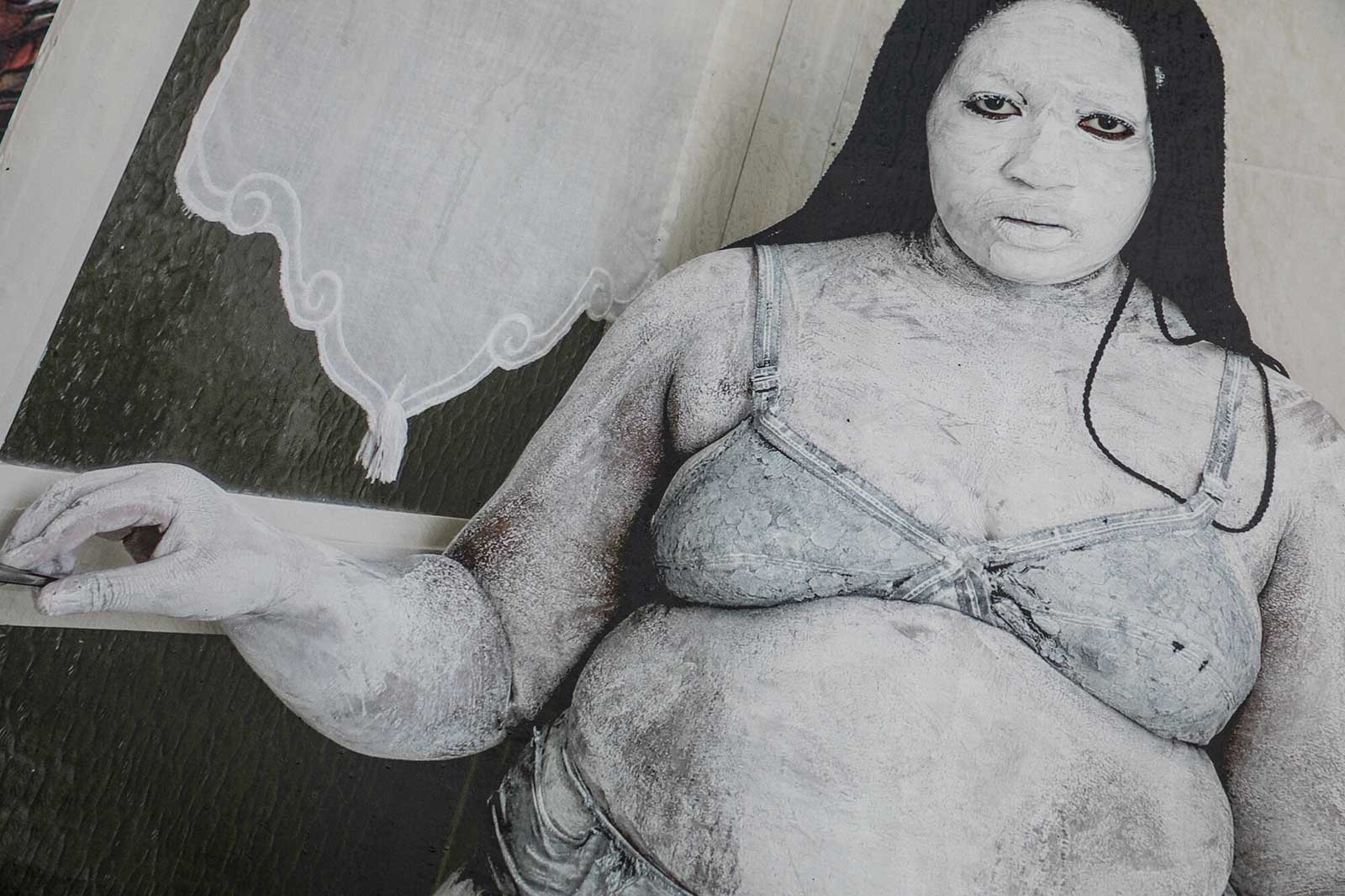 “Black sex is forbidden” by Tejoso “Plantation” Ayomide
“Black sex is forbidden” by Tejoso “Plantation” Ayomide
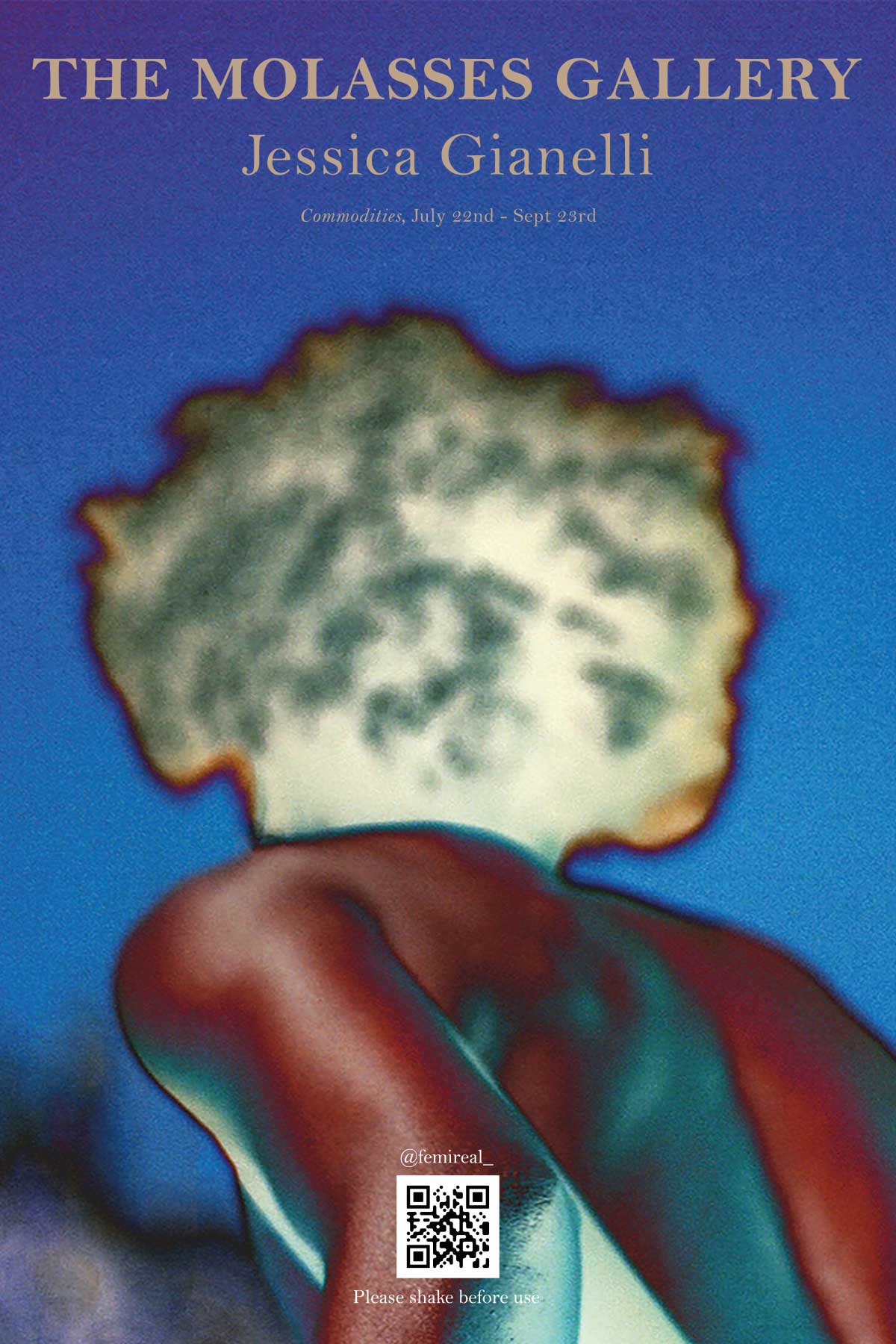 “Papiyon 21” by Jessica Gianelli
“Papiyon 21” by Jessica Gianelli
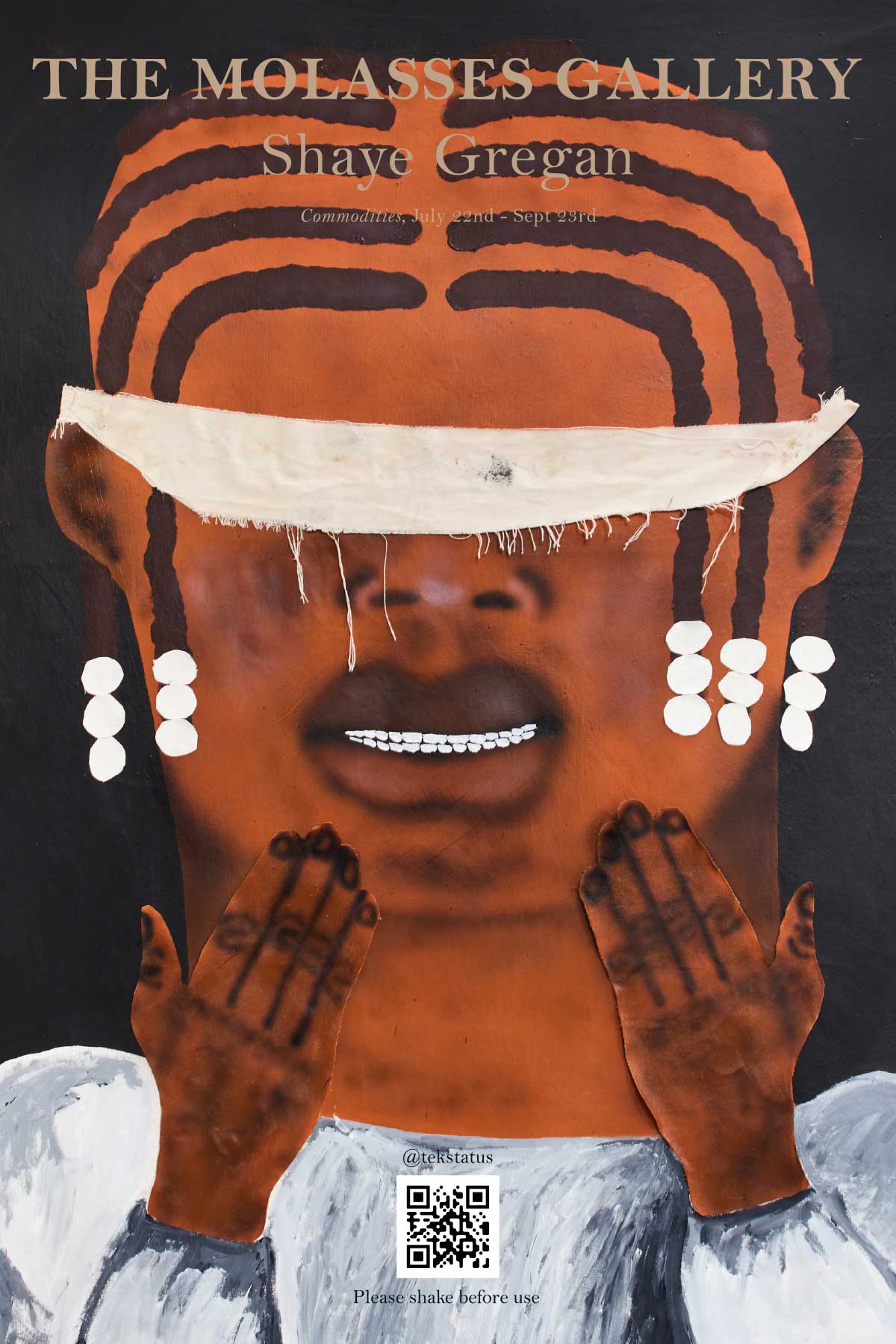 “Untitled” by Shaye Gregan
“Untitled” by Shaye Gregan
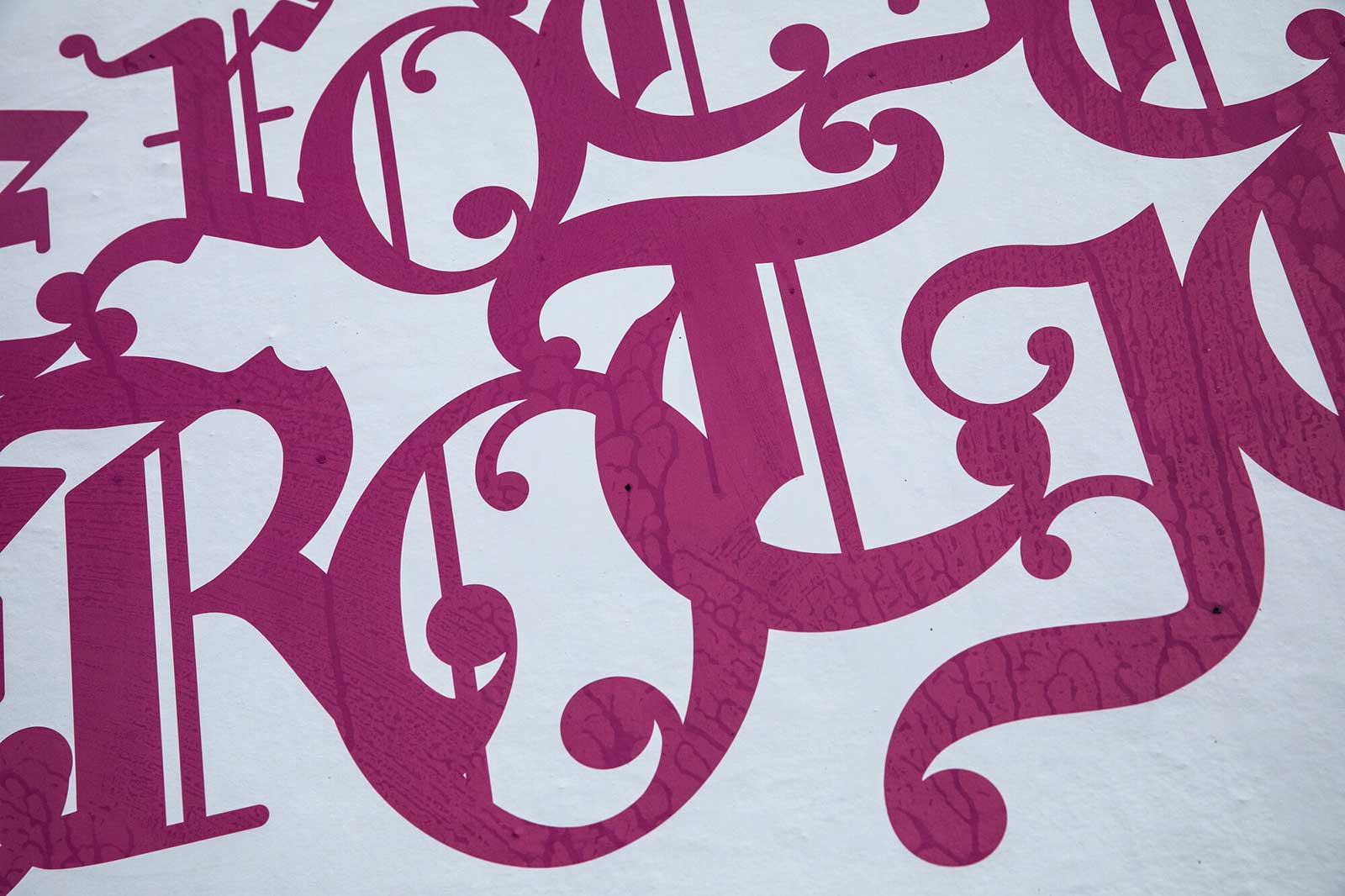 “EXOTIC / EROTIC” by Leah Hickey
“EXOTIC / EROTIC” by Leah Hickey
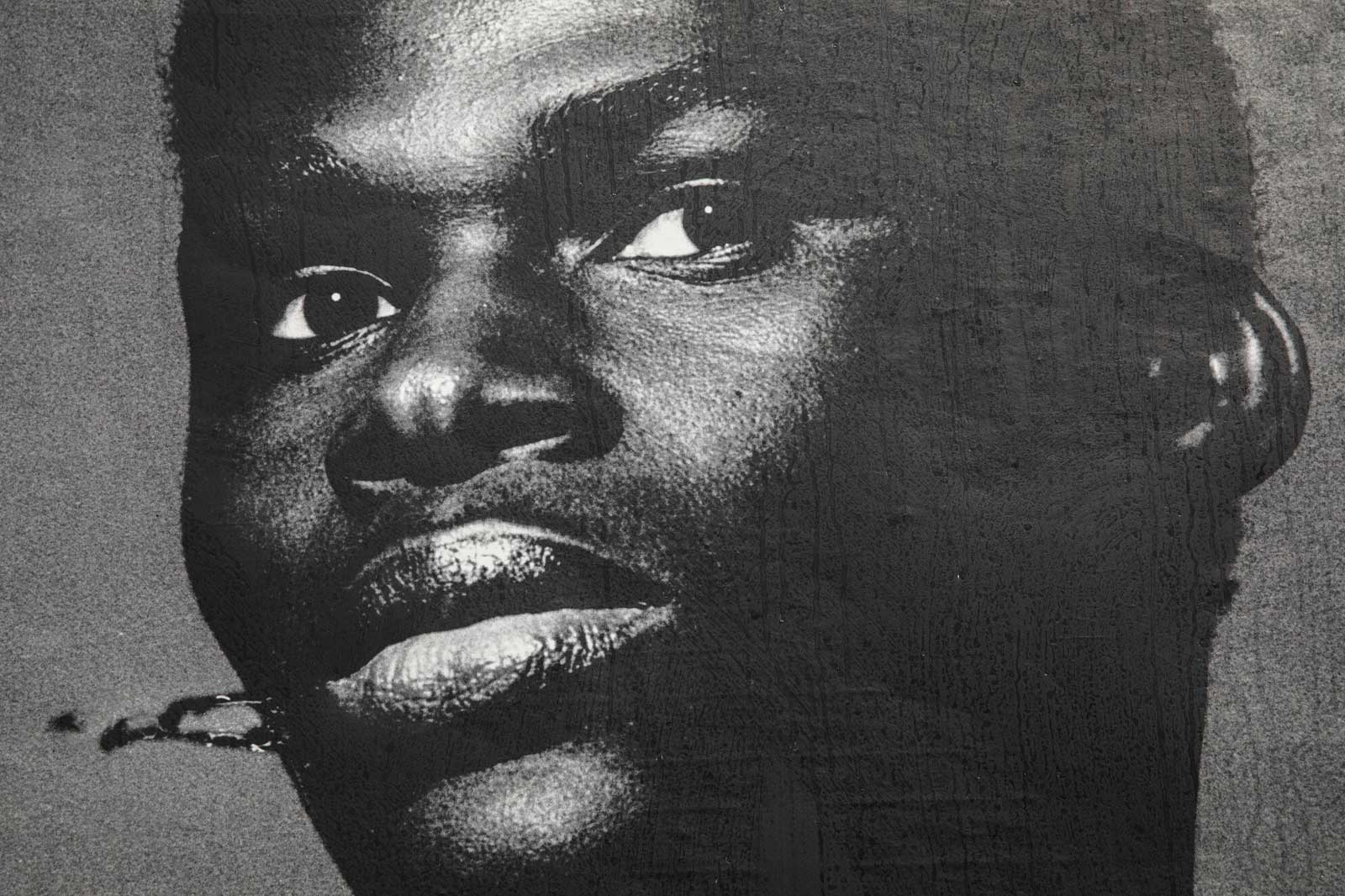 “MAMADOU” by Casper Kofi
“MAMADOU” by Casper Kofi
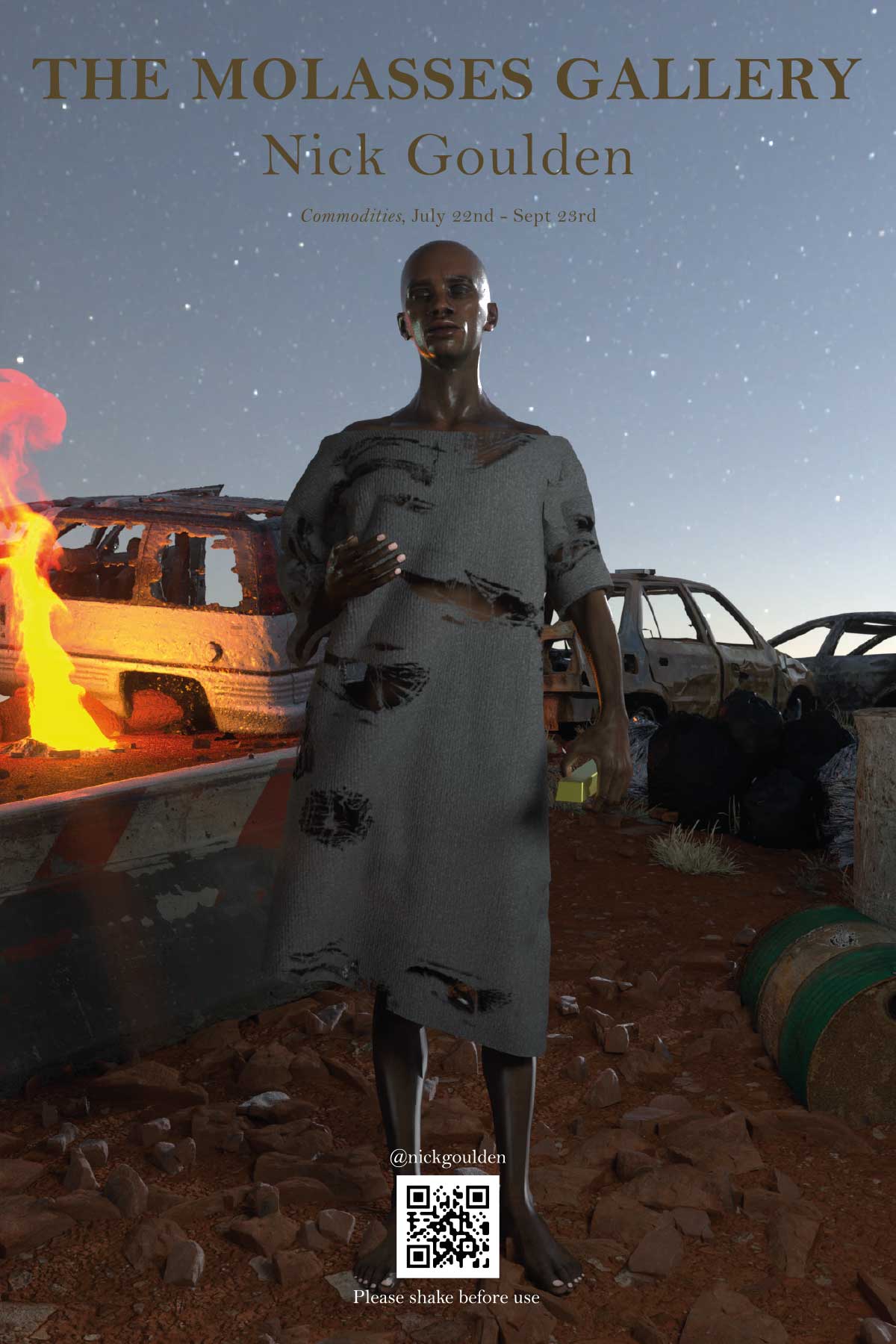 “akwesi” by Nick Goulden
“akwesi” by Nick Goulden
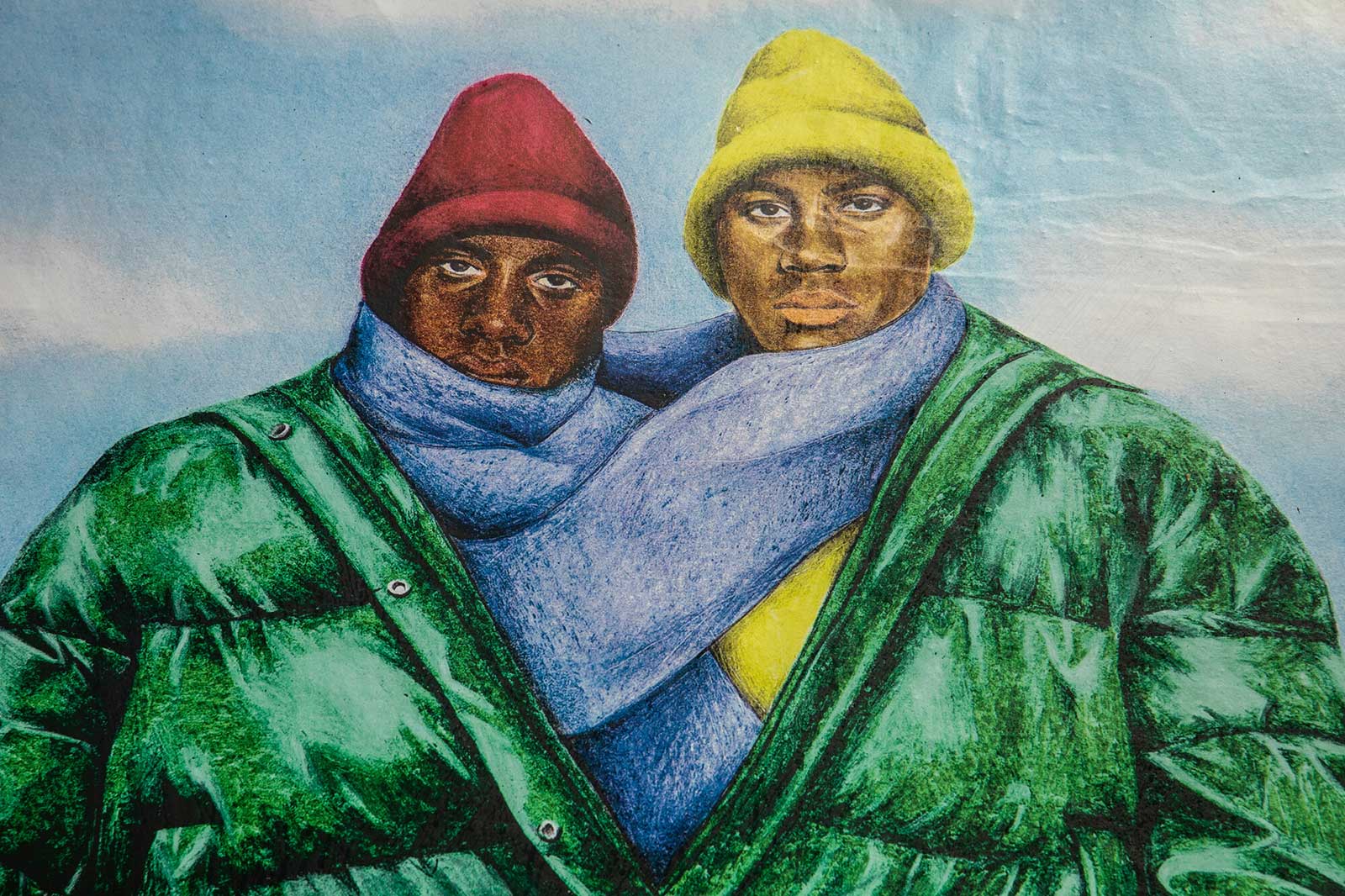 “Touch starvation” by Nahuel Conteras
“Touch starvation” by Nahuel Conteras
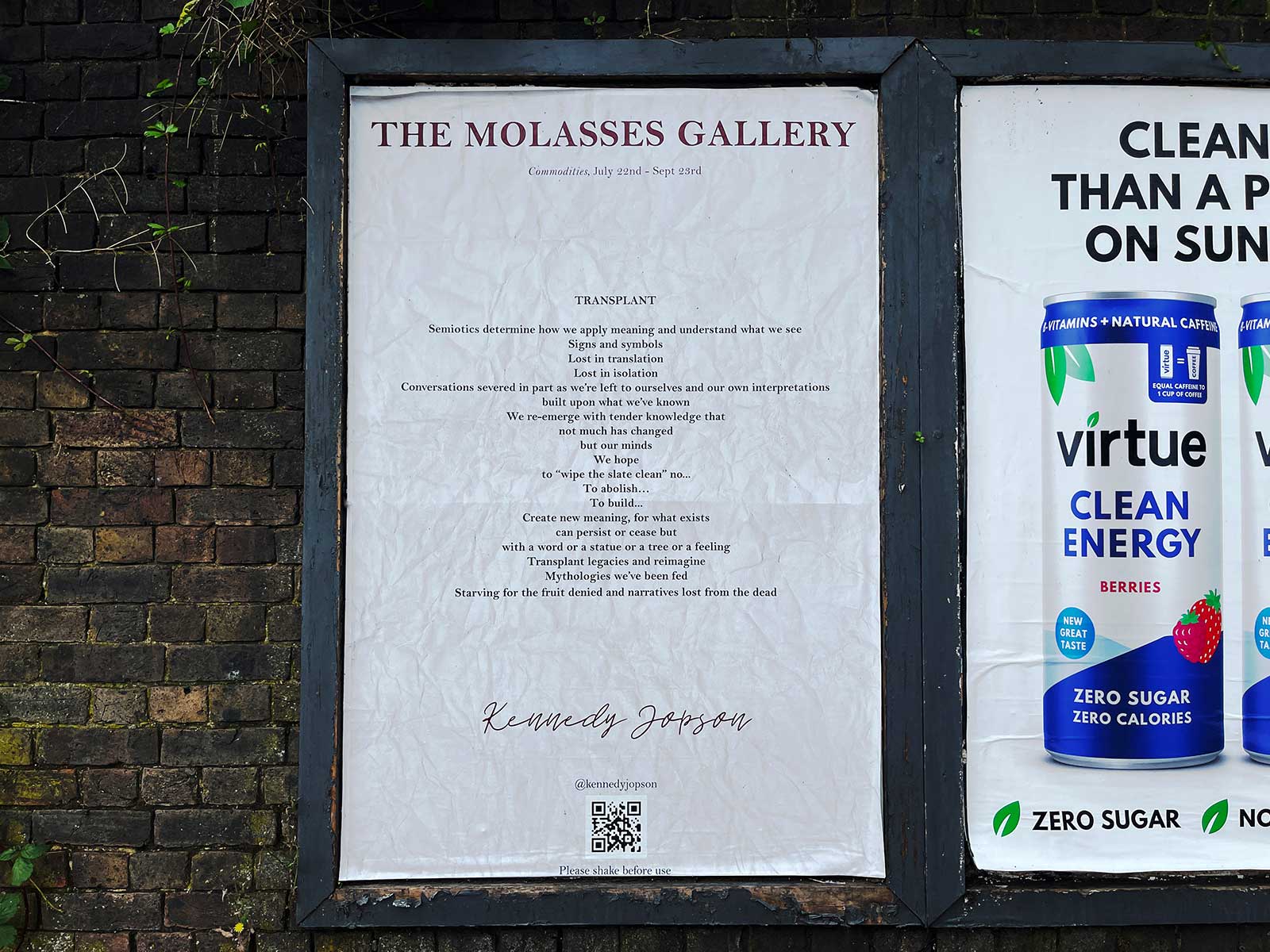
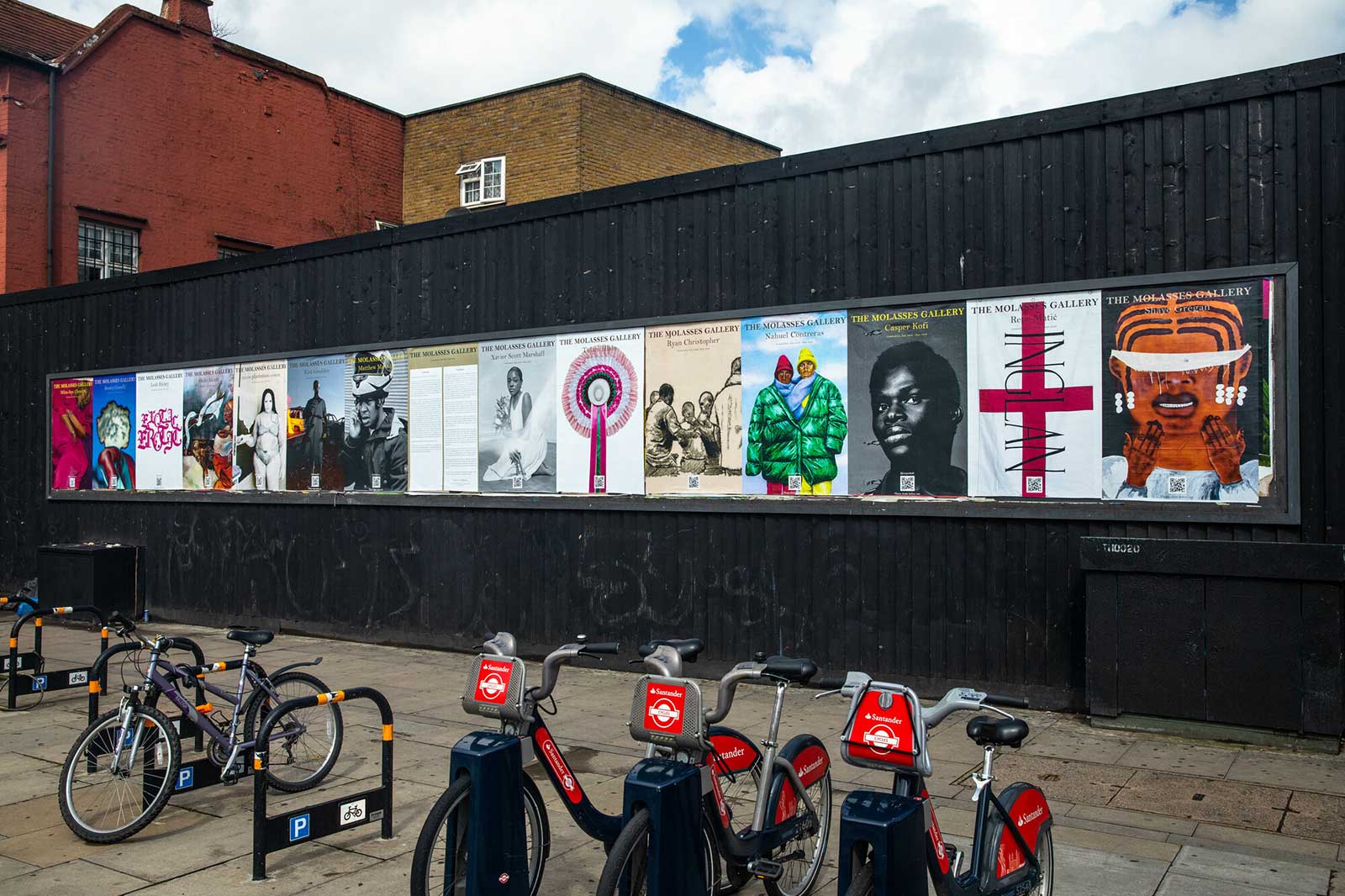

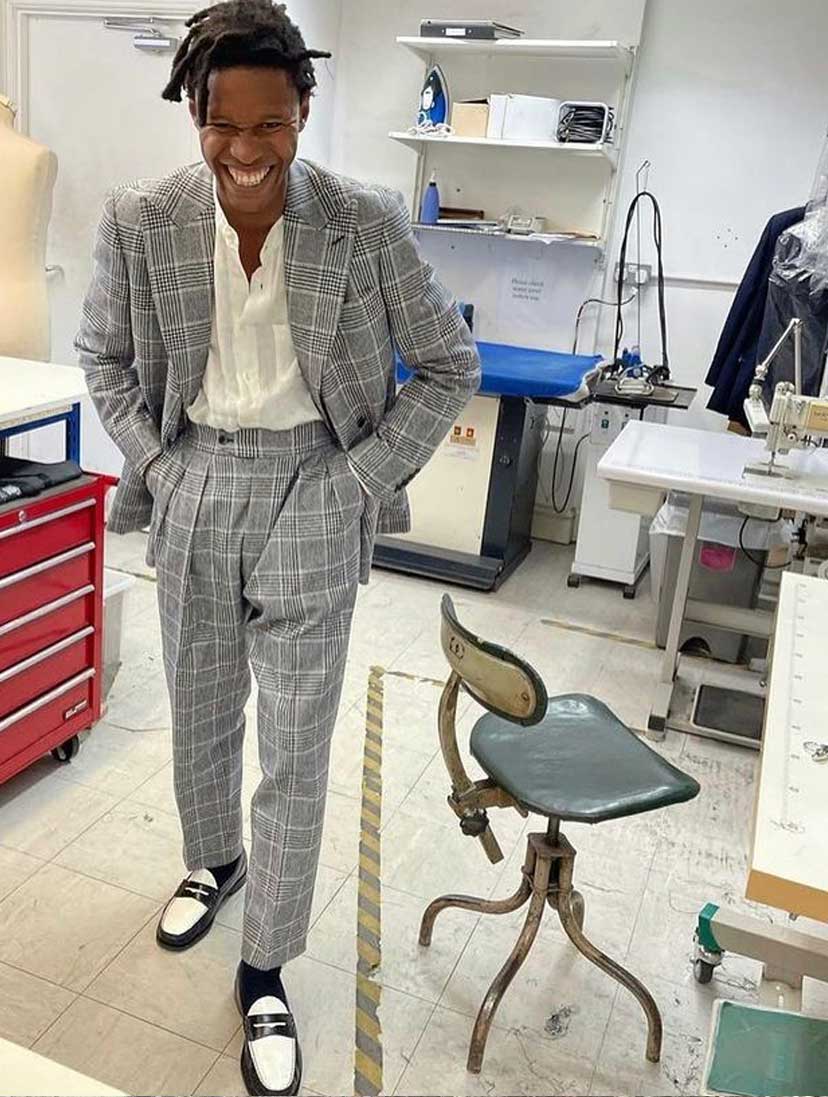
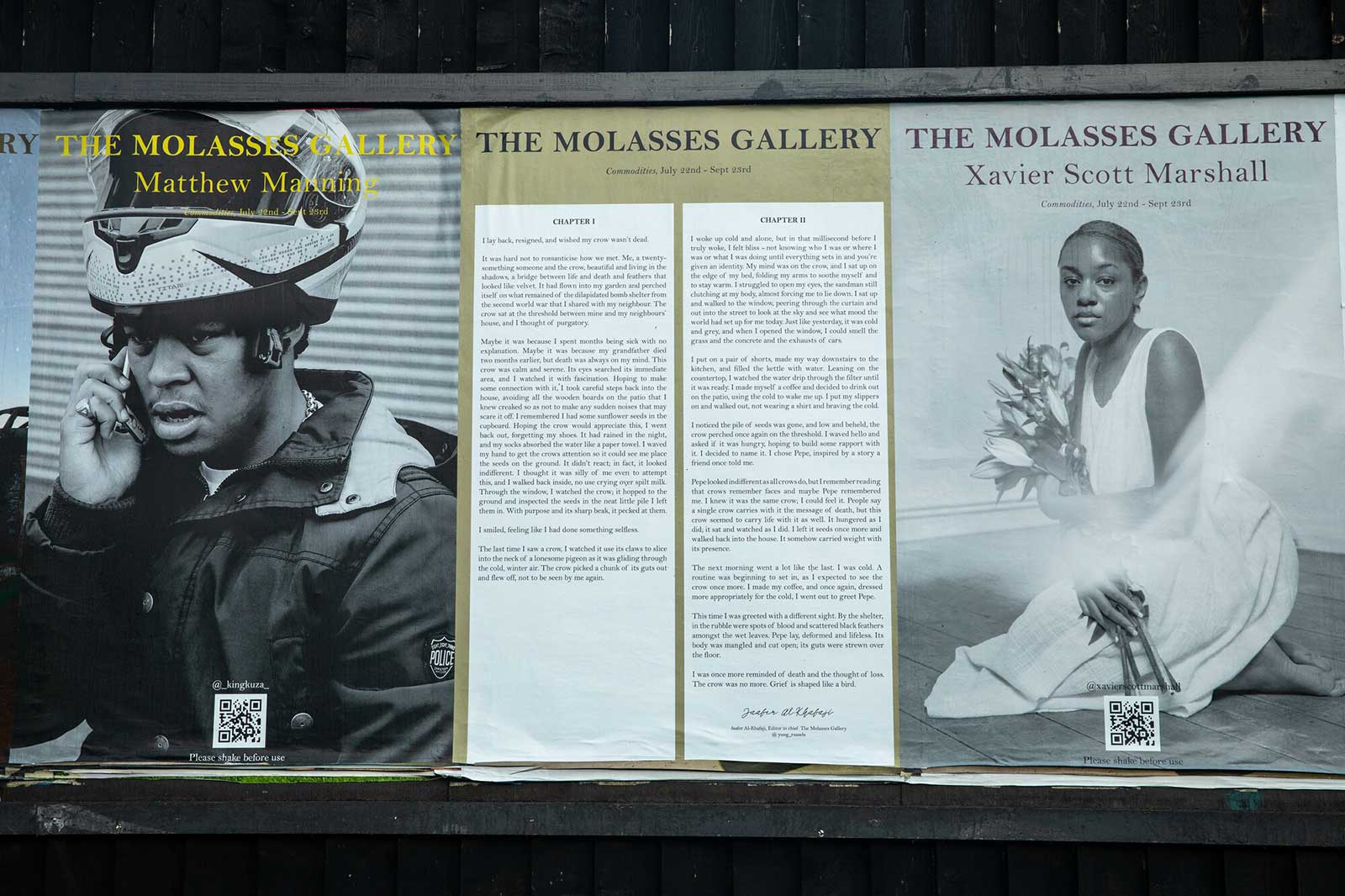
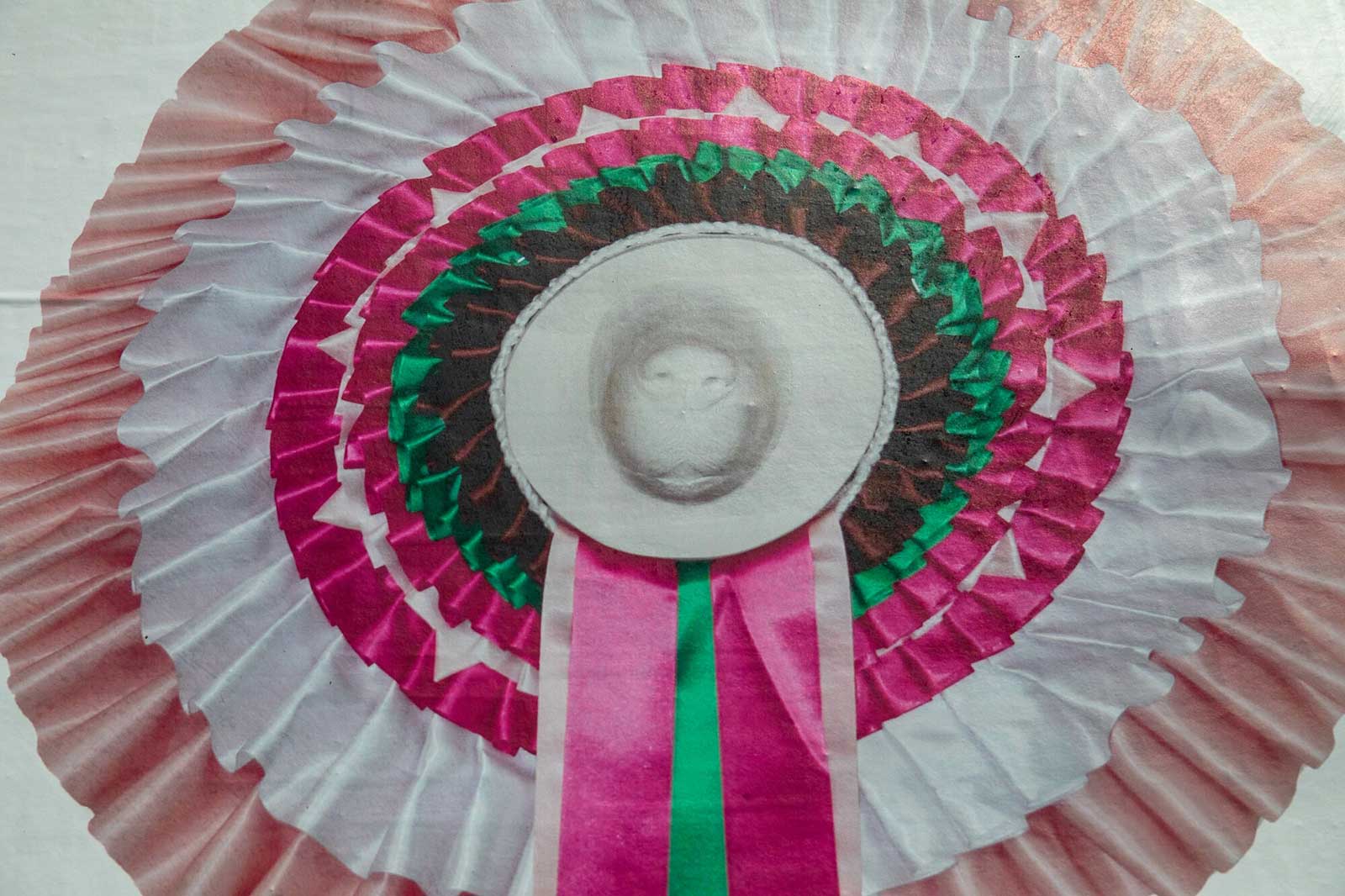 “Champion Snoot” 2nd by Tulani Hlalo
“Champion Snoot” 2nd by Tulani Hlalo
